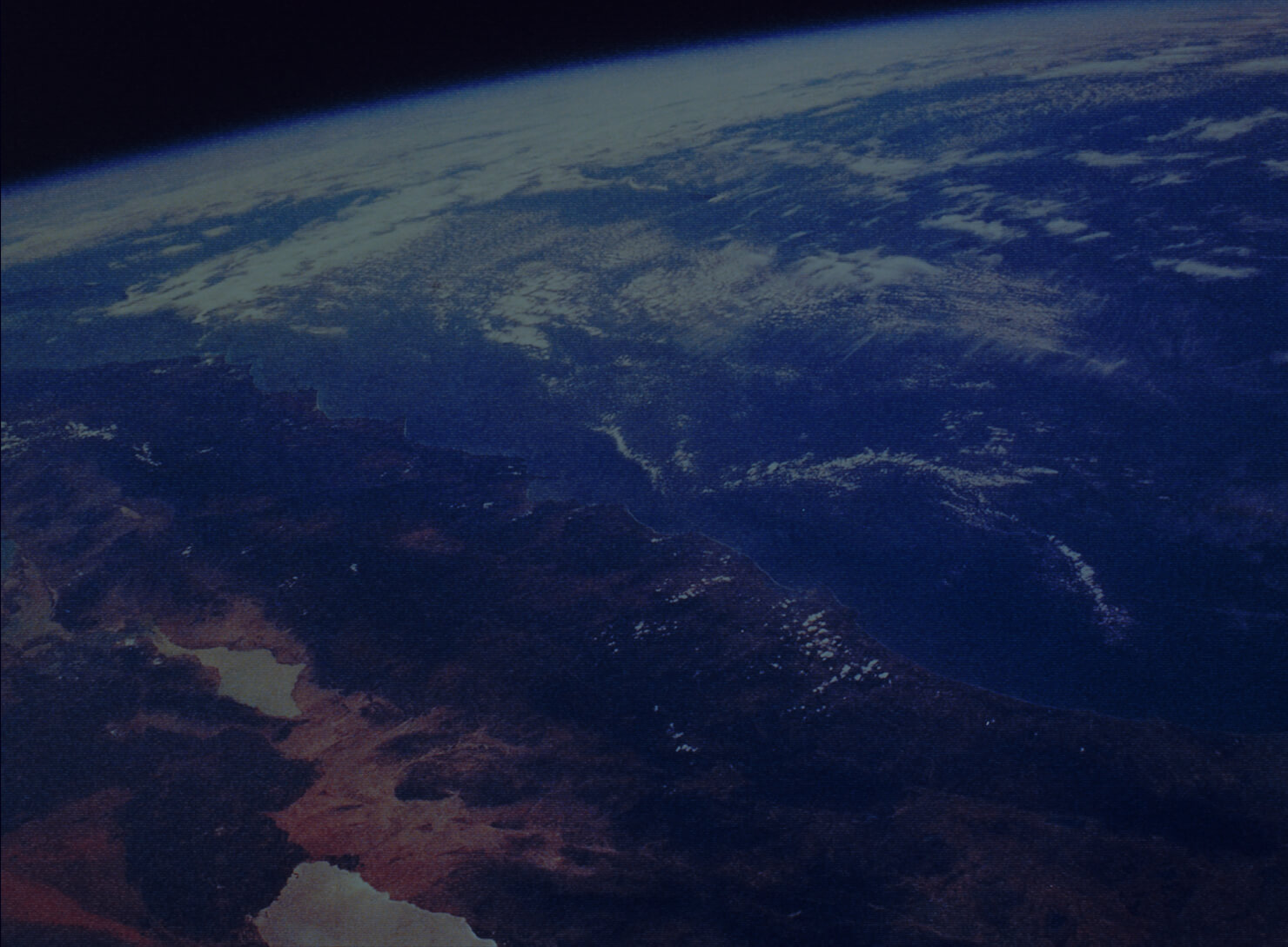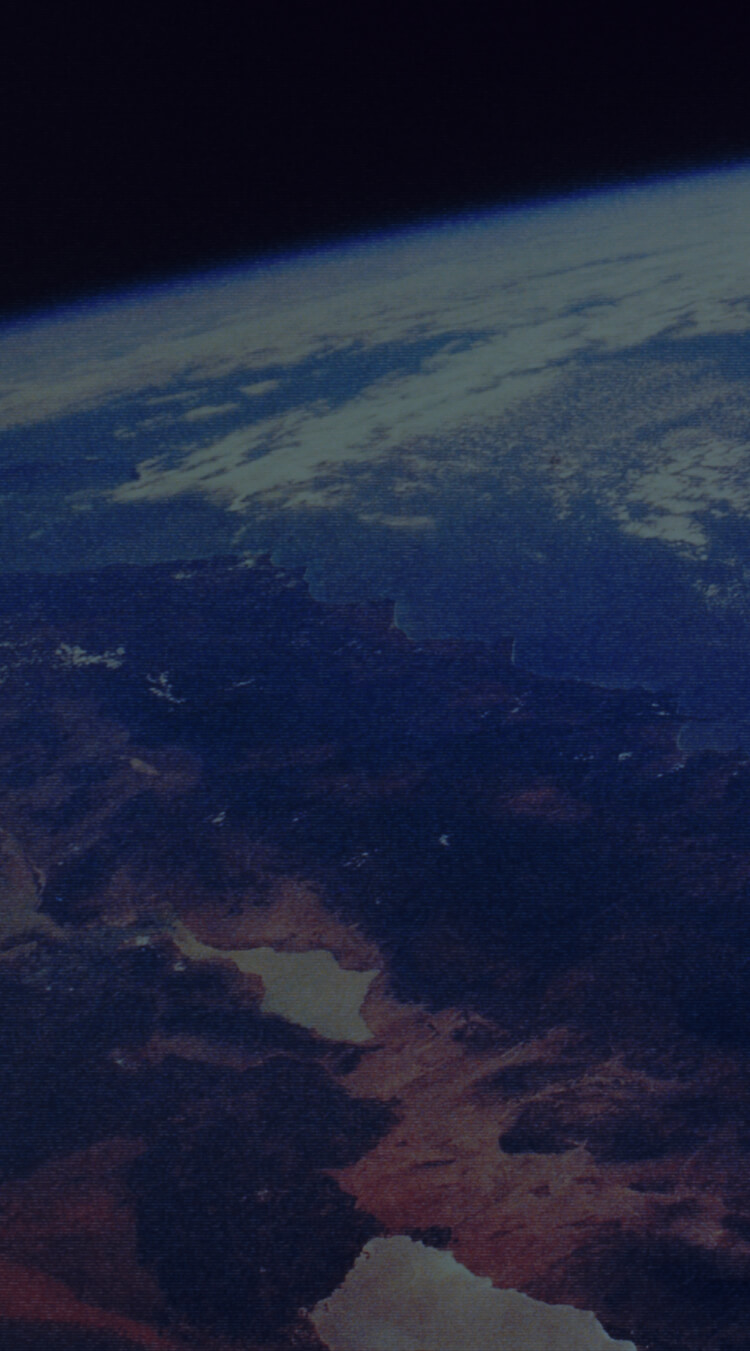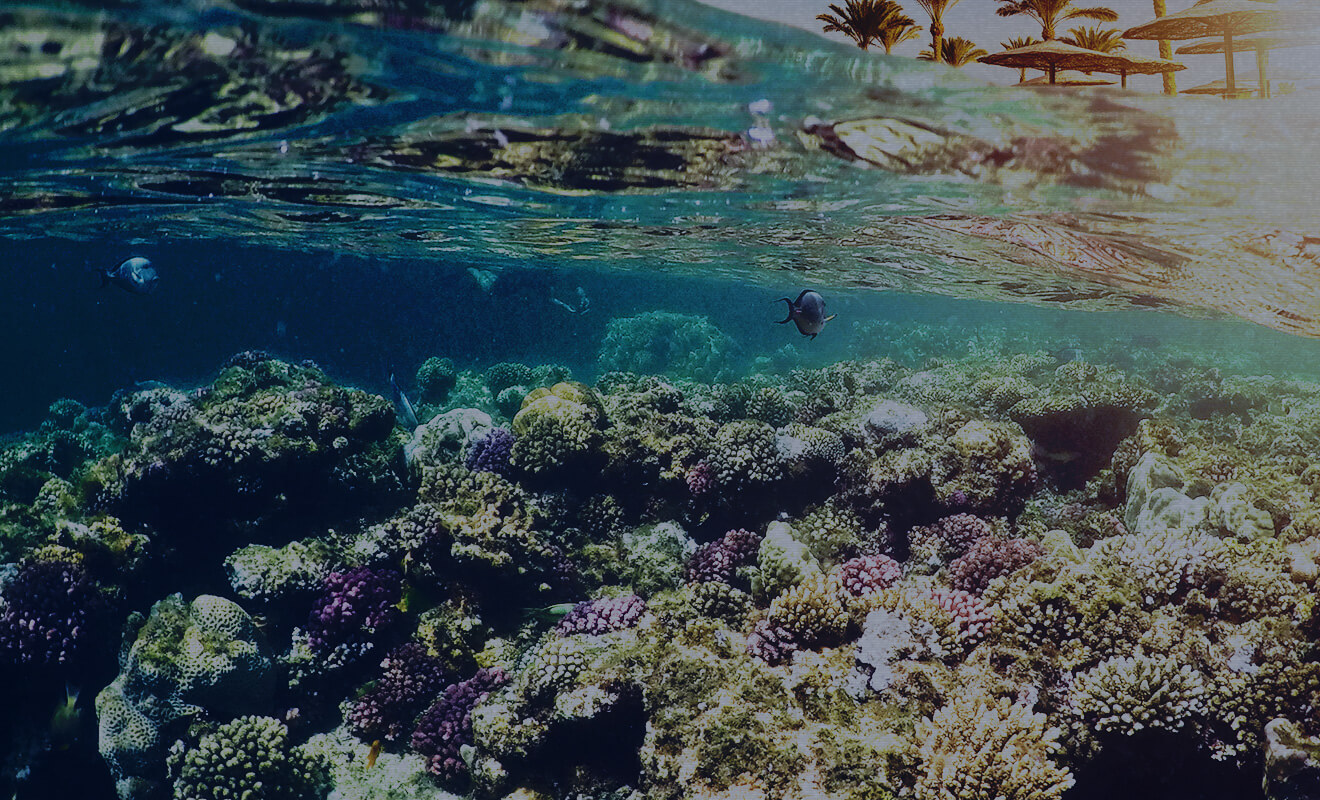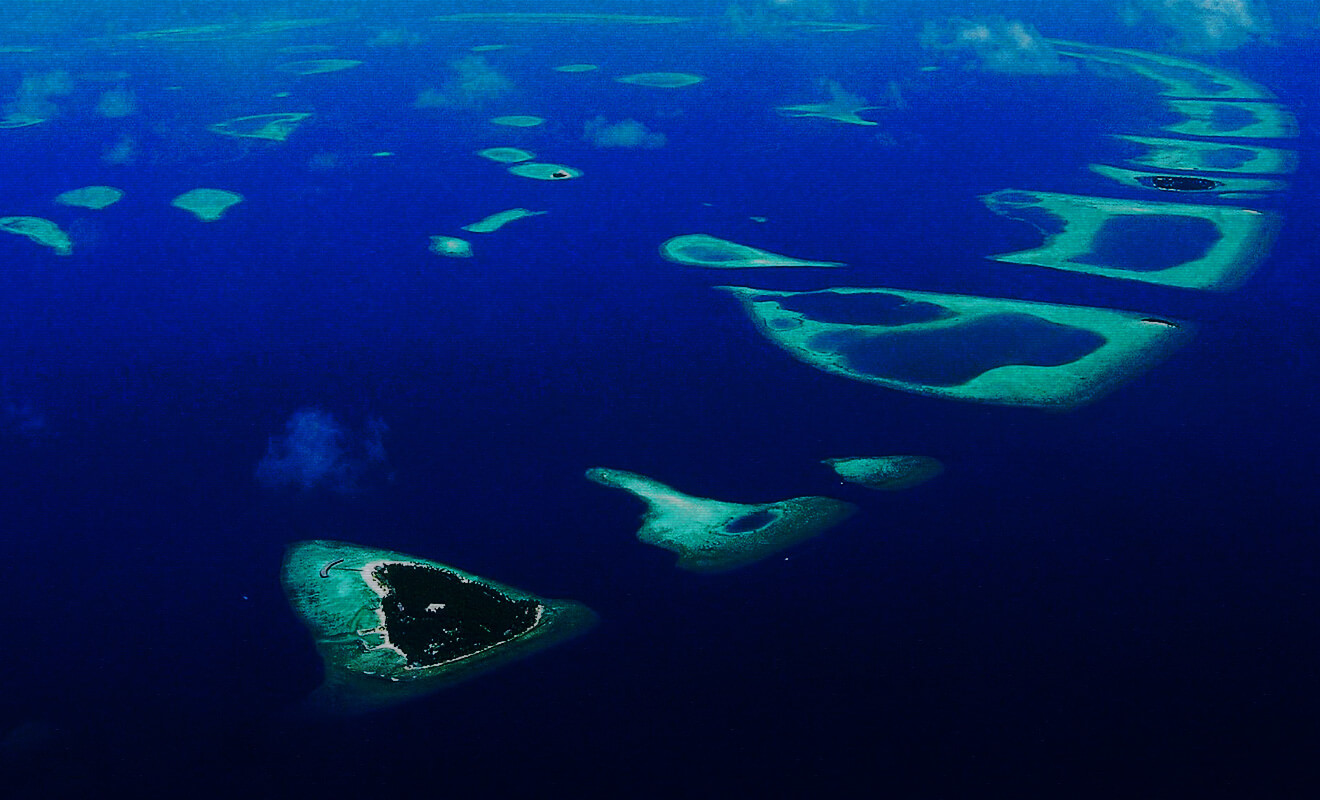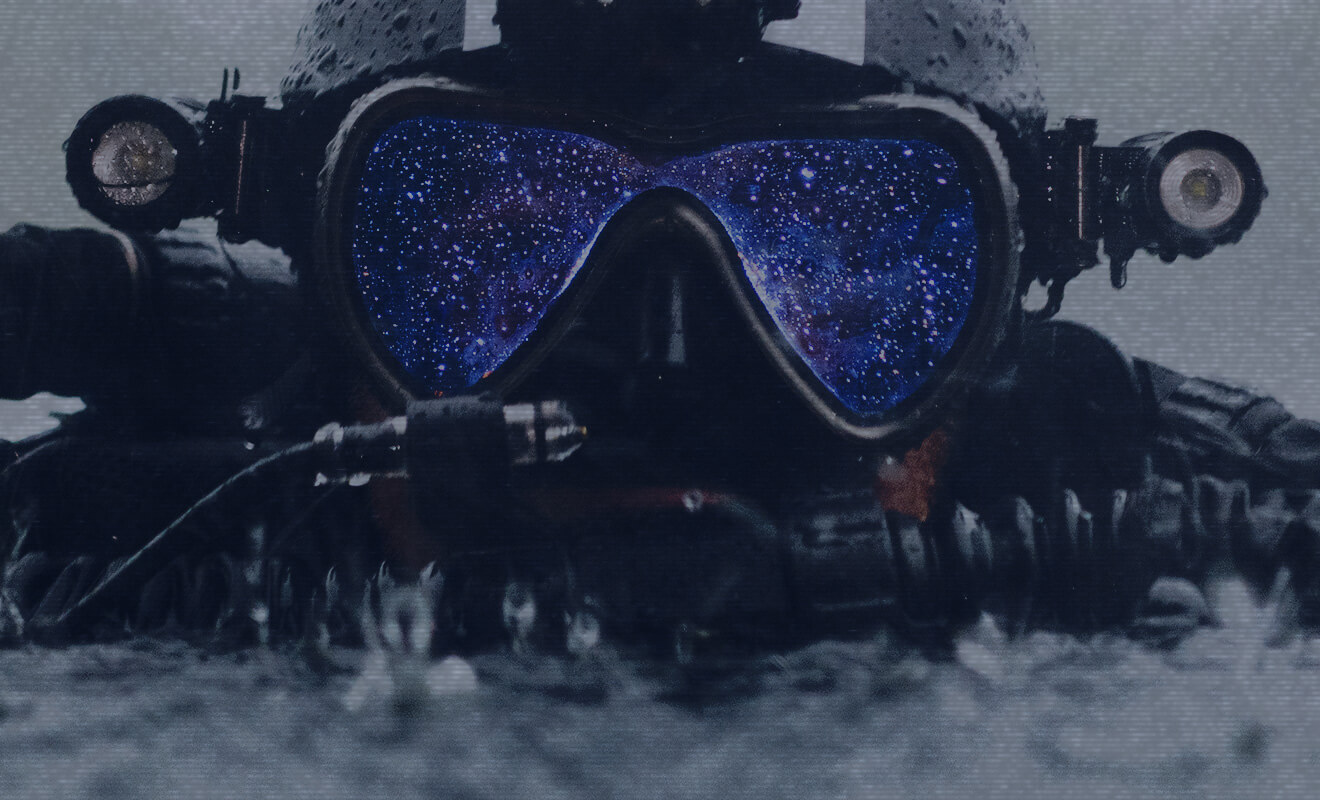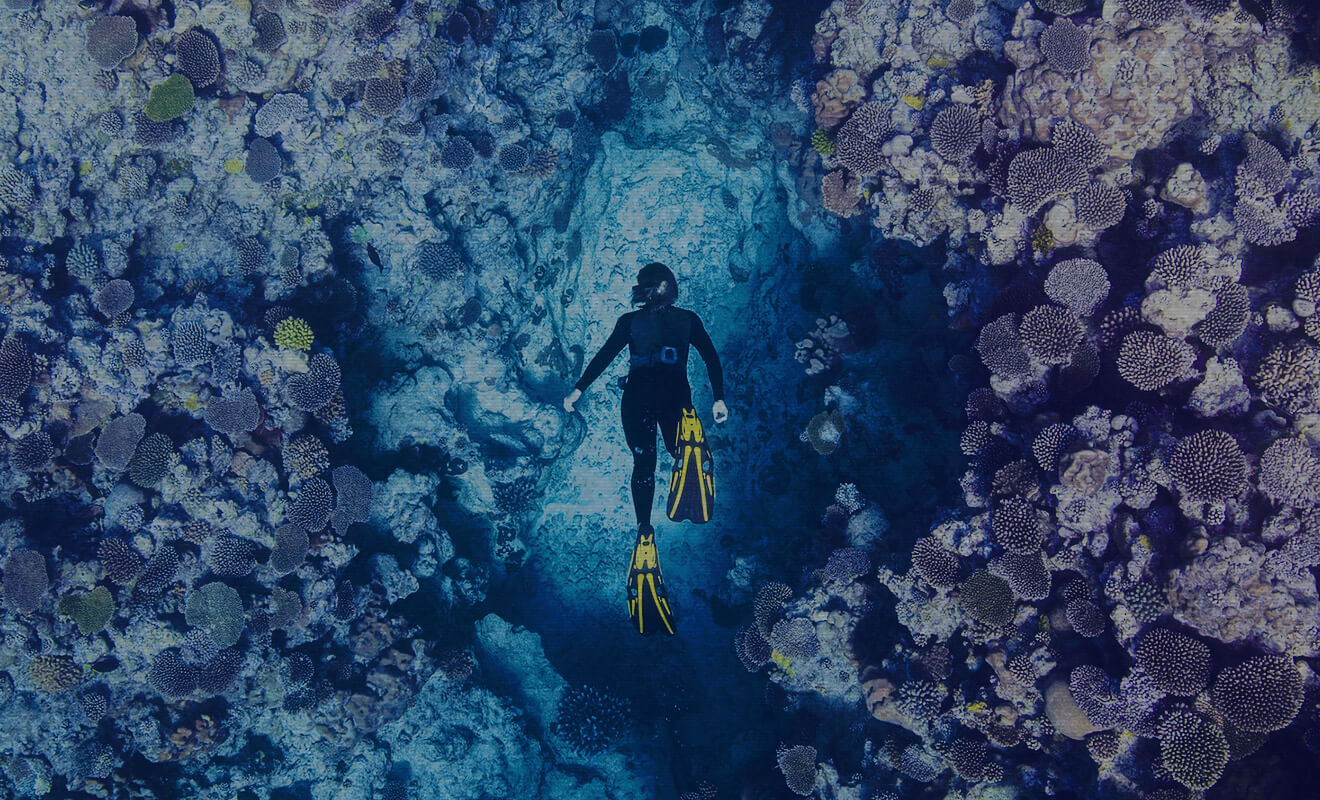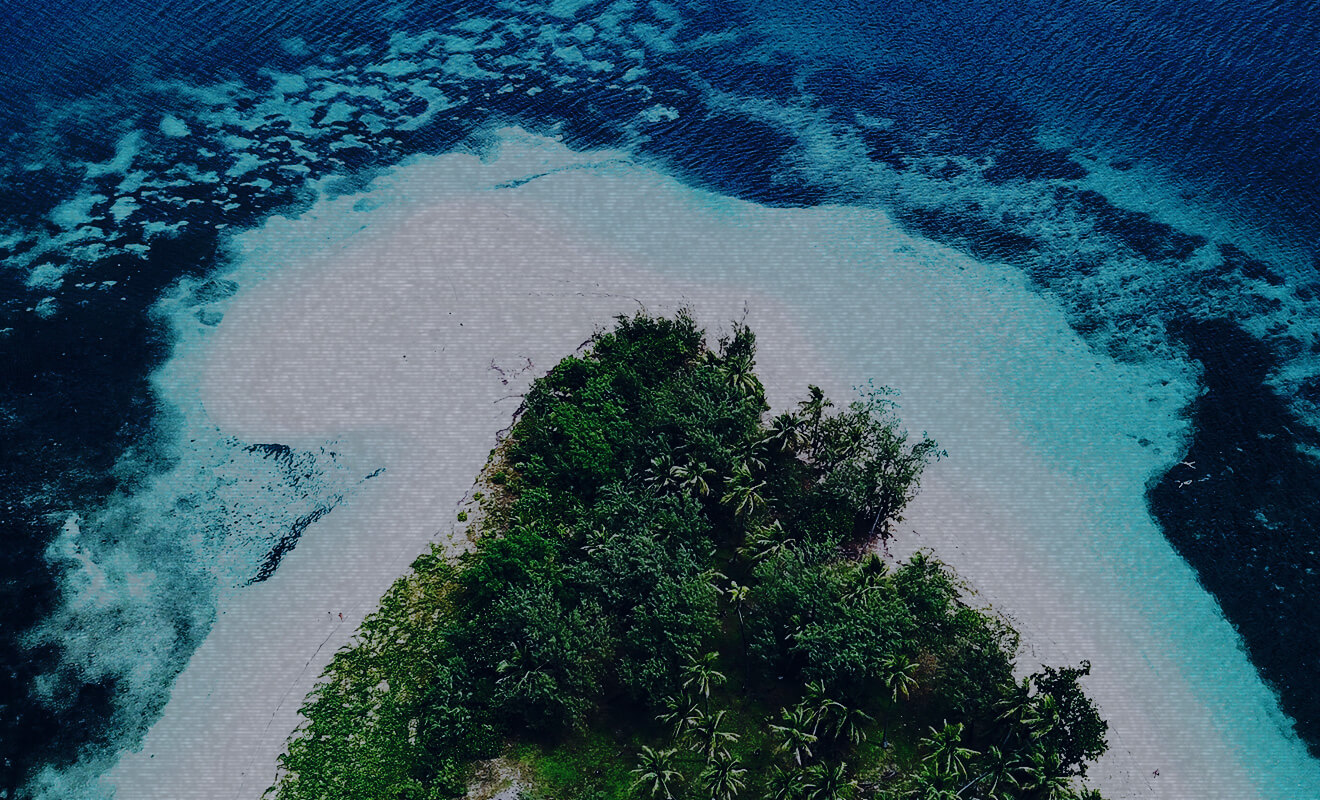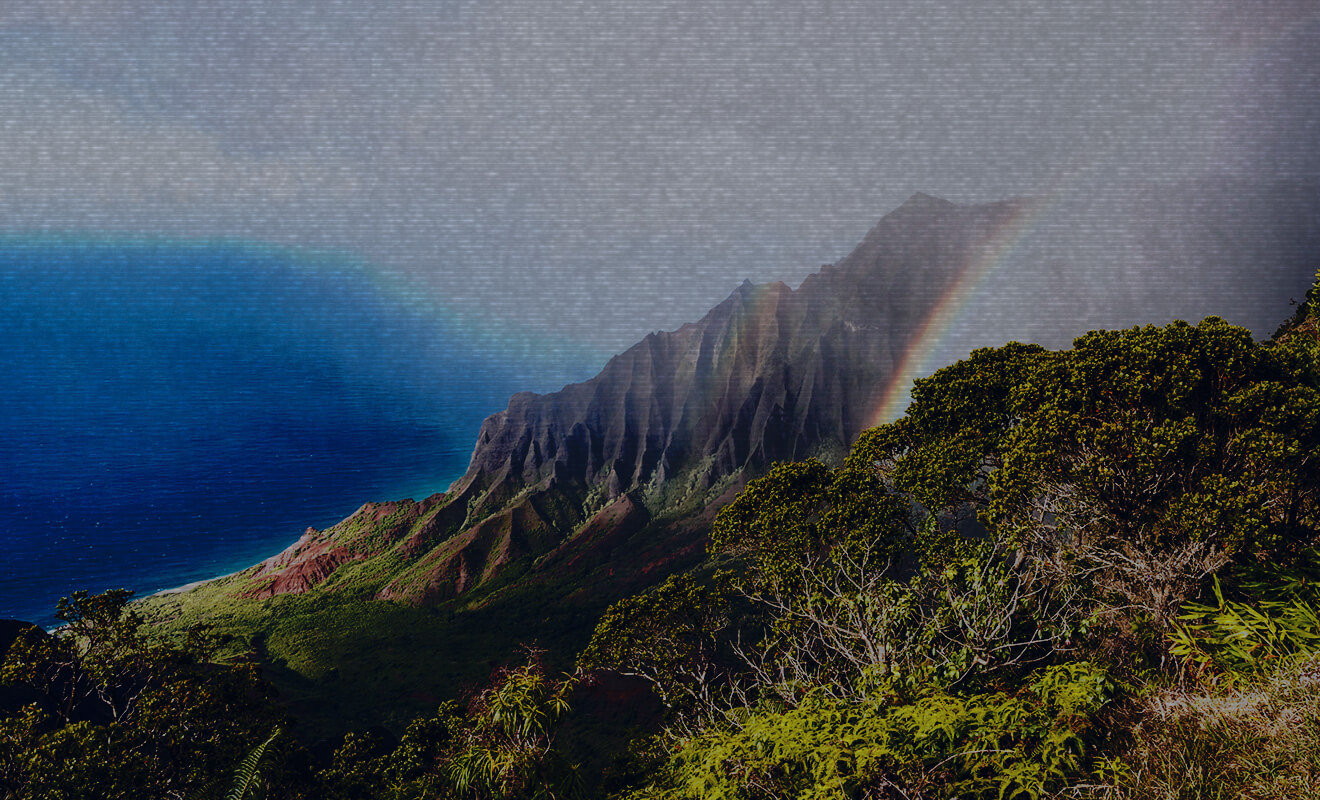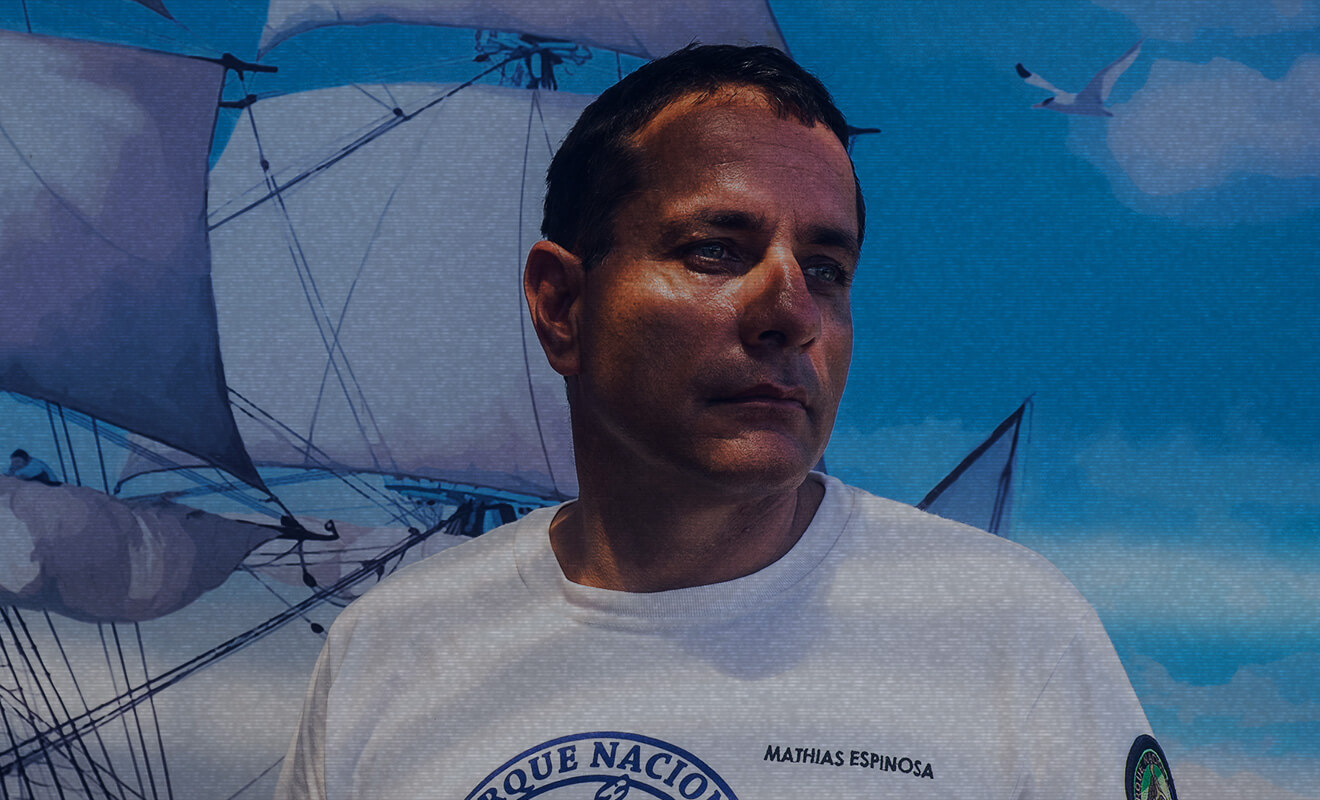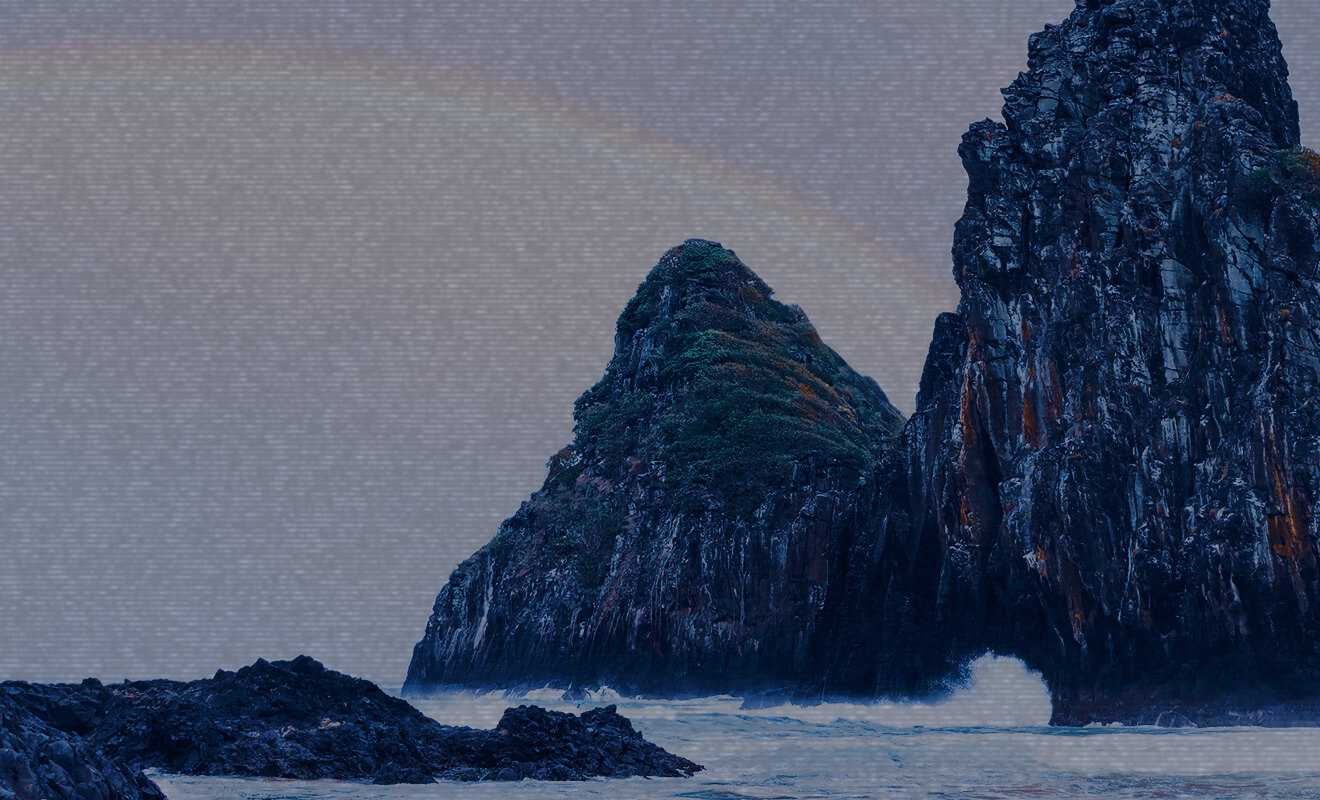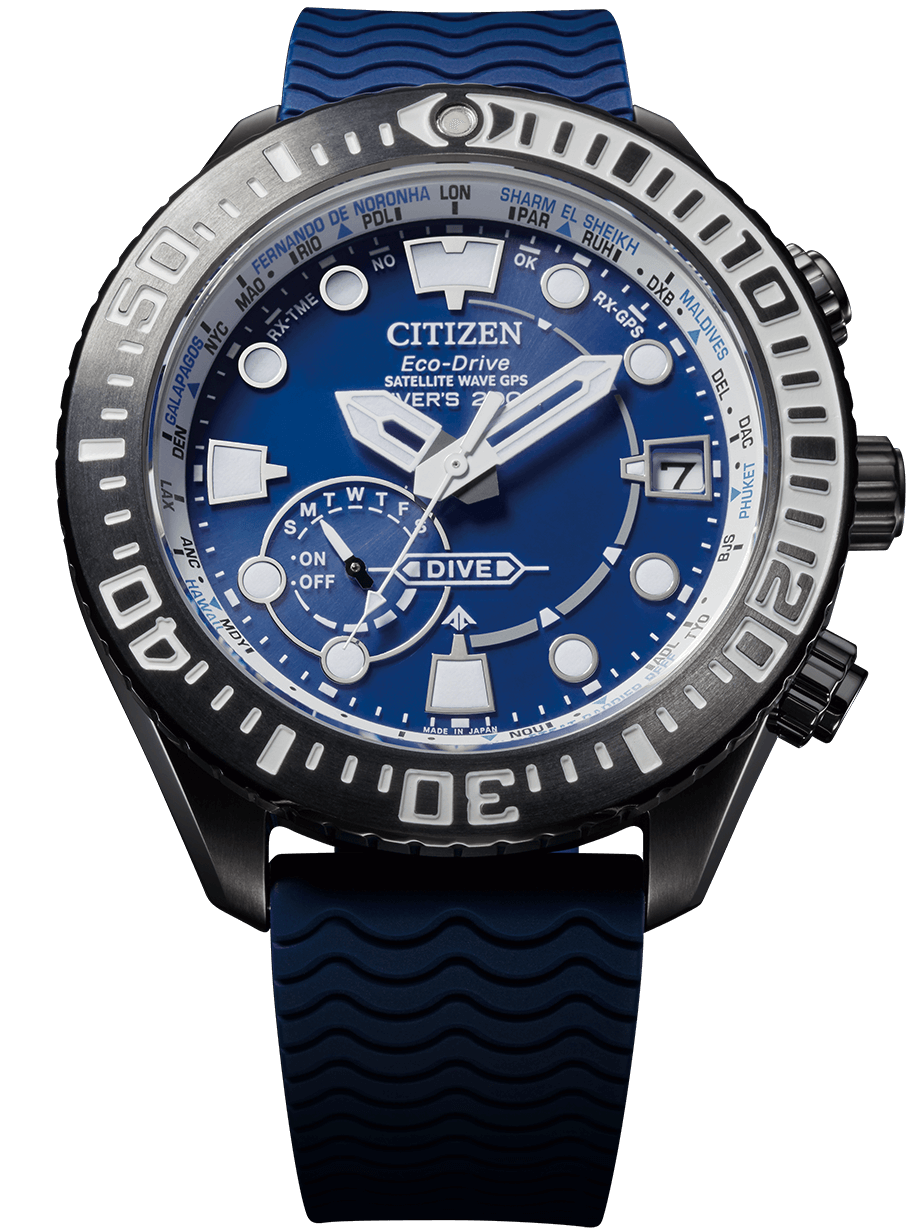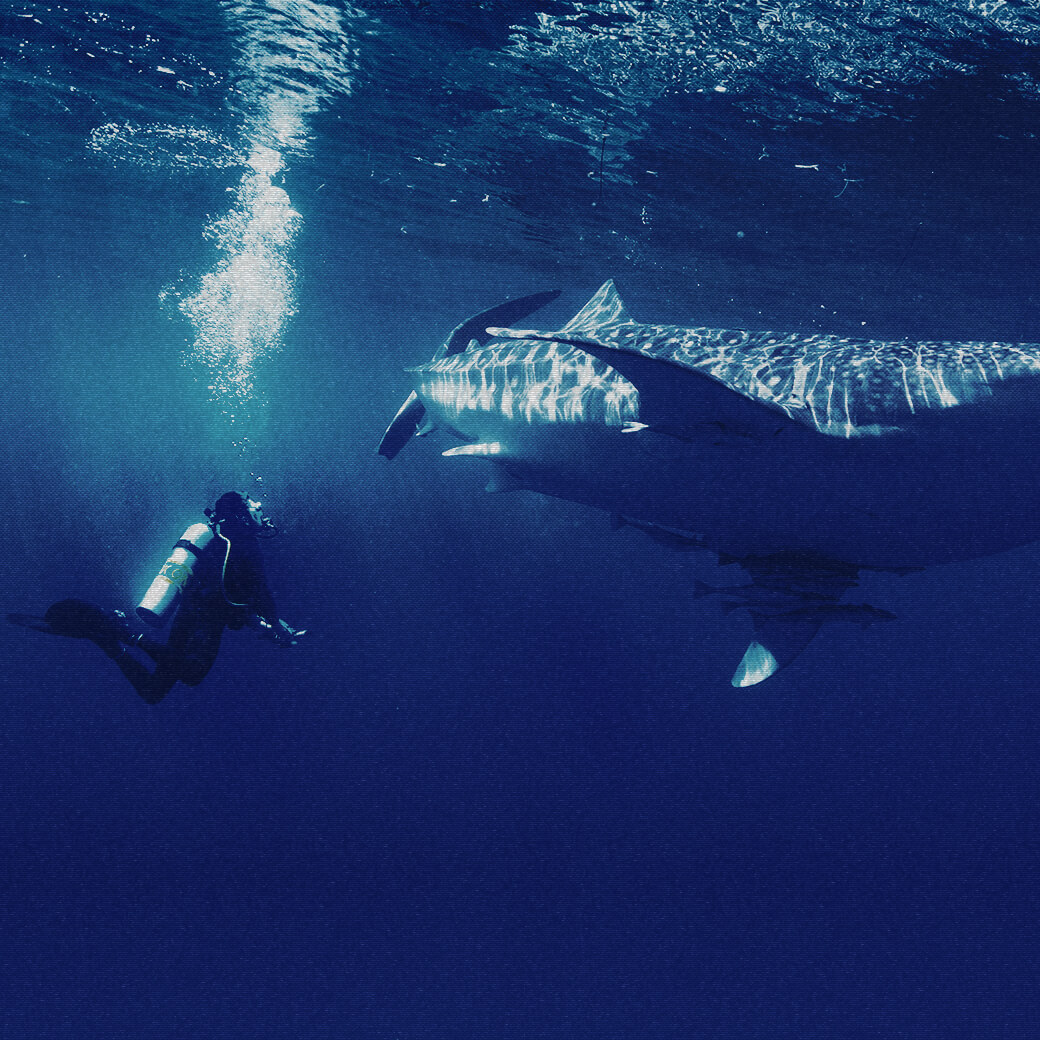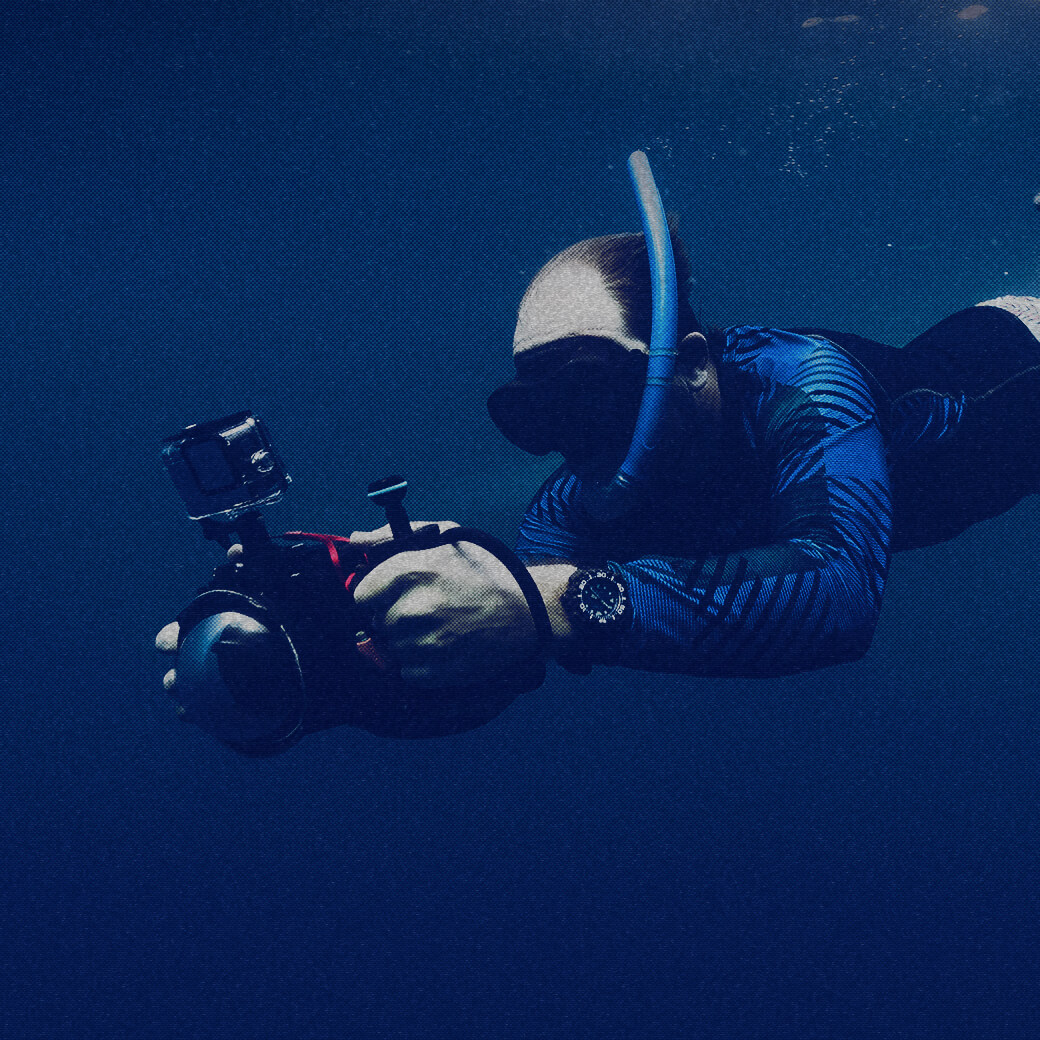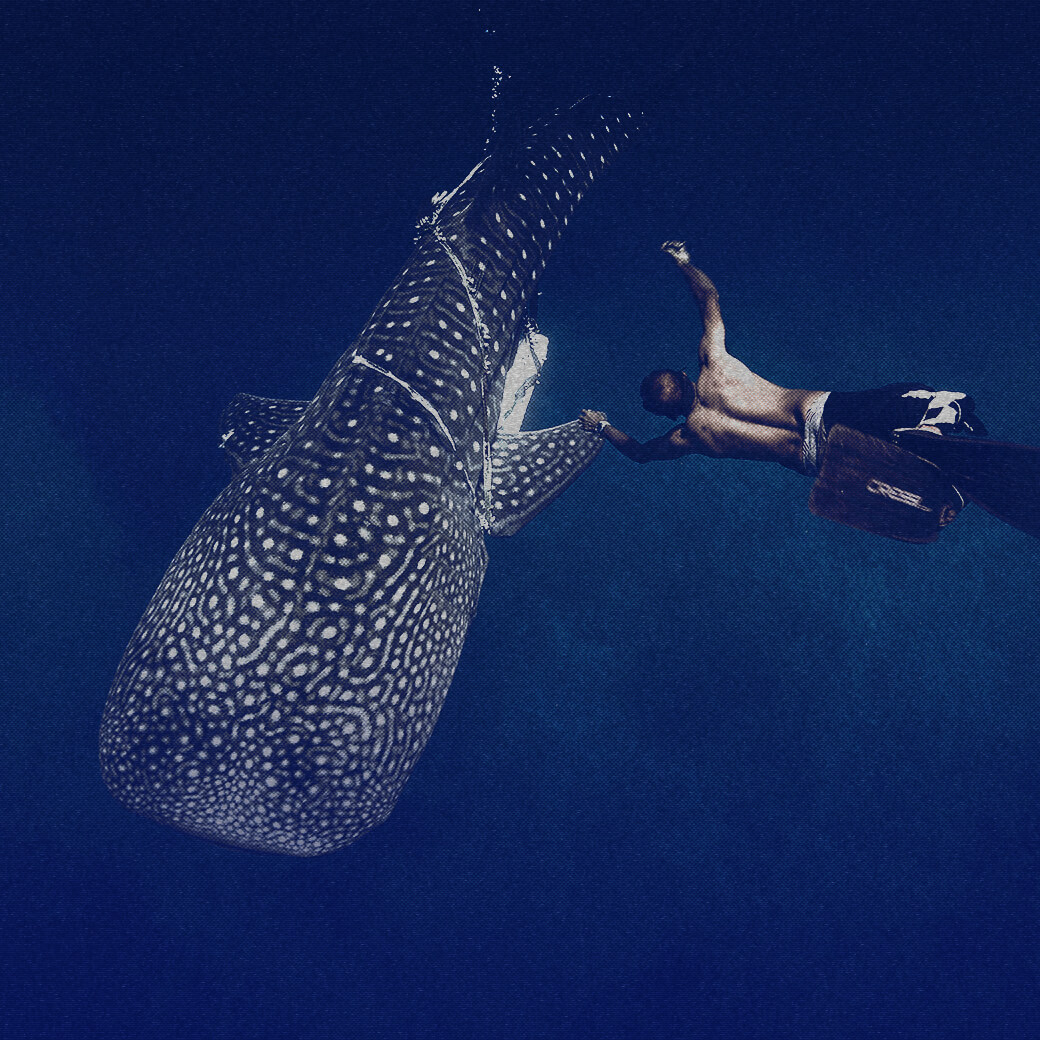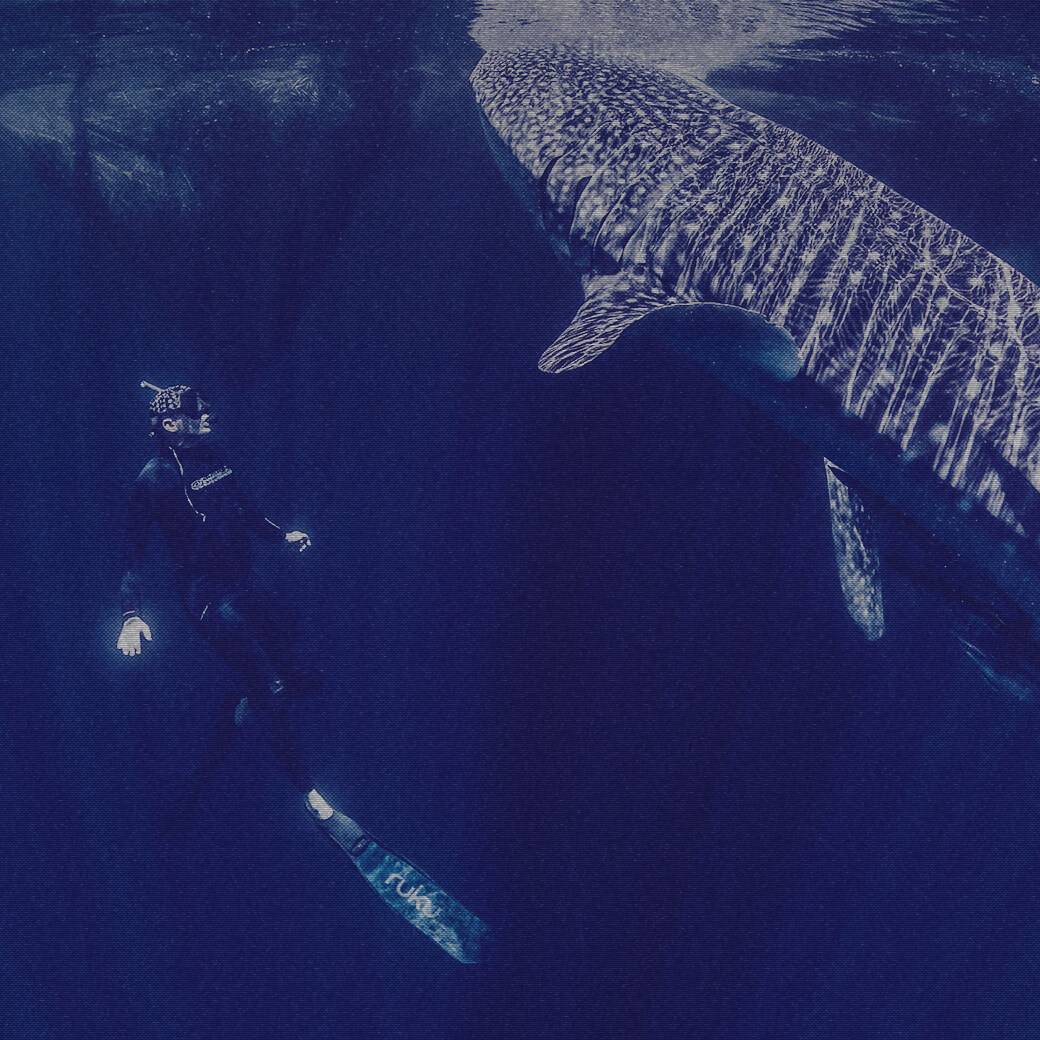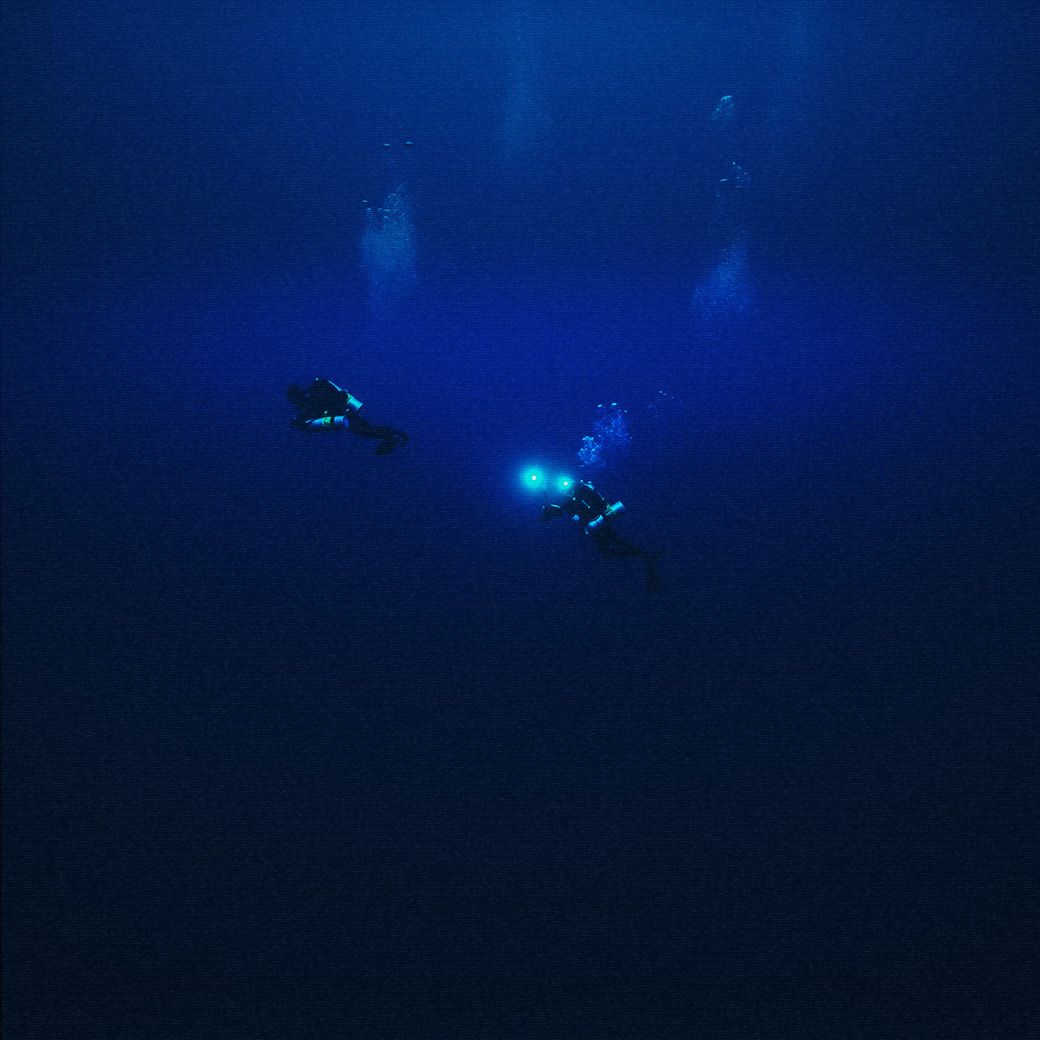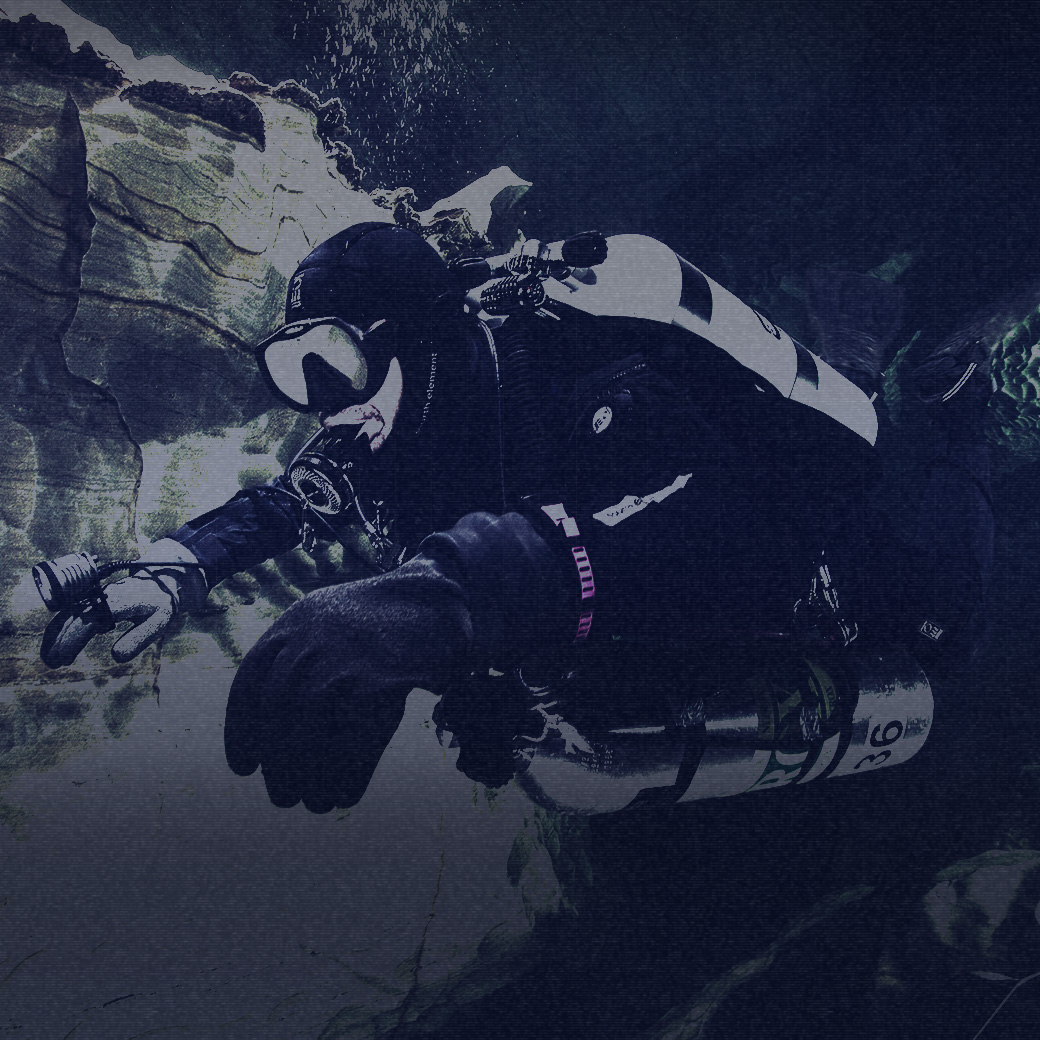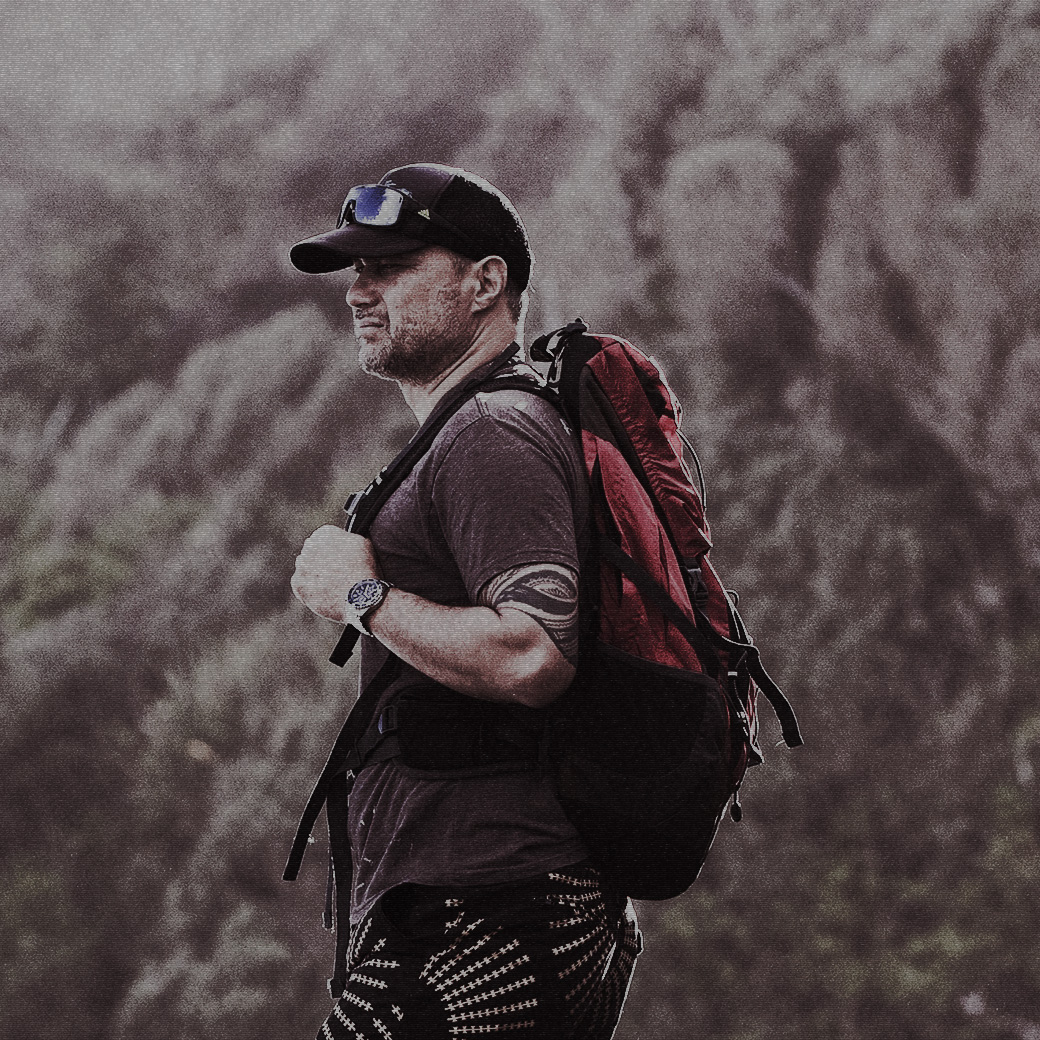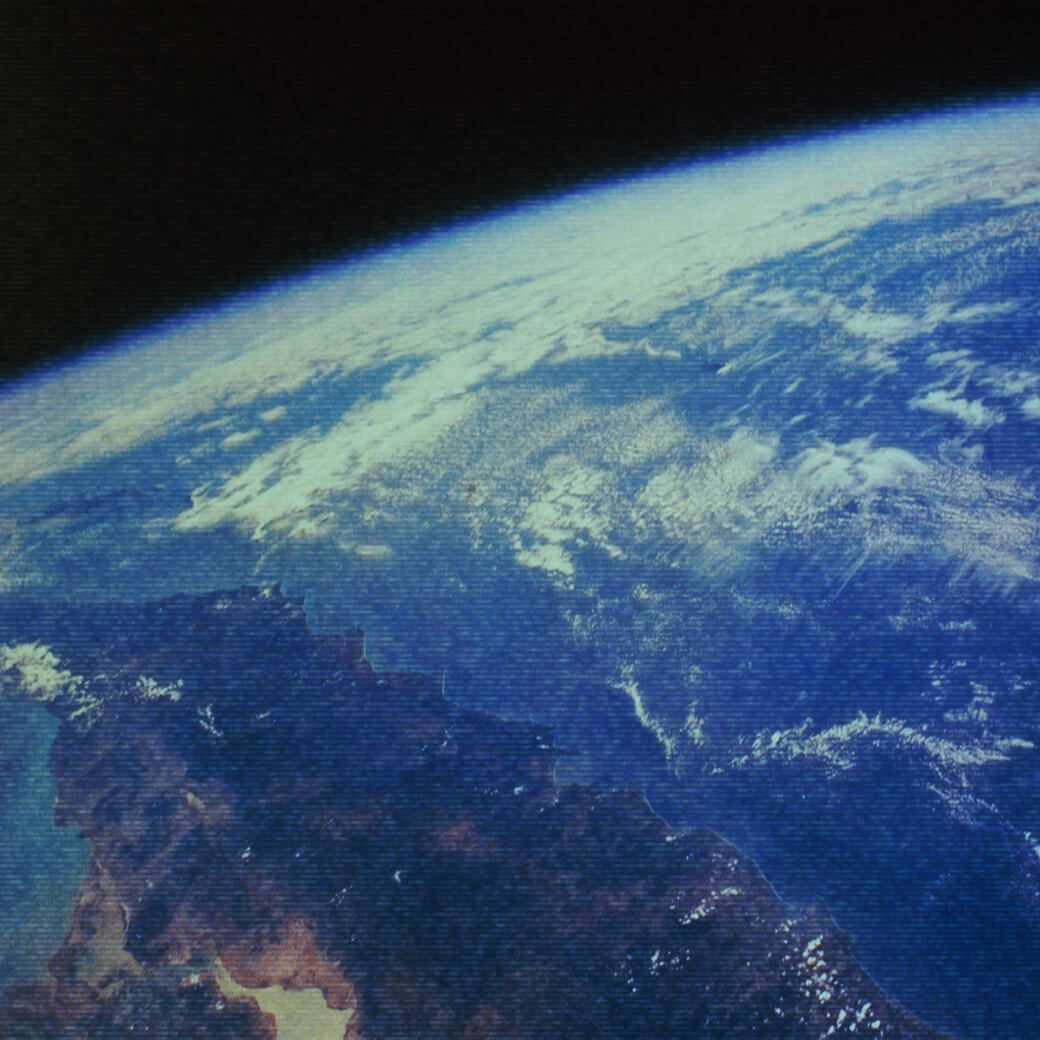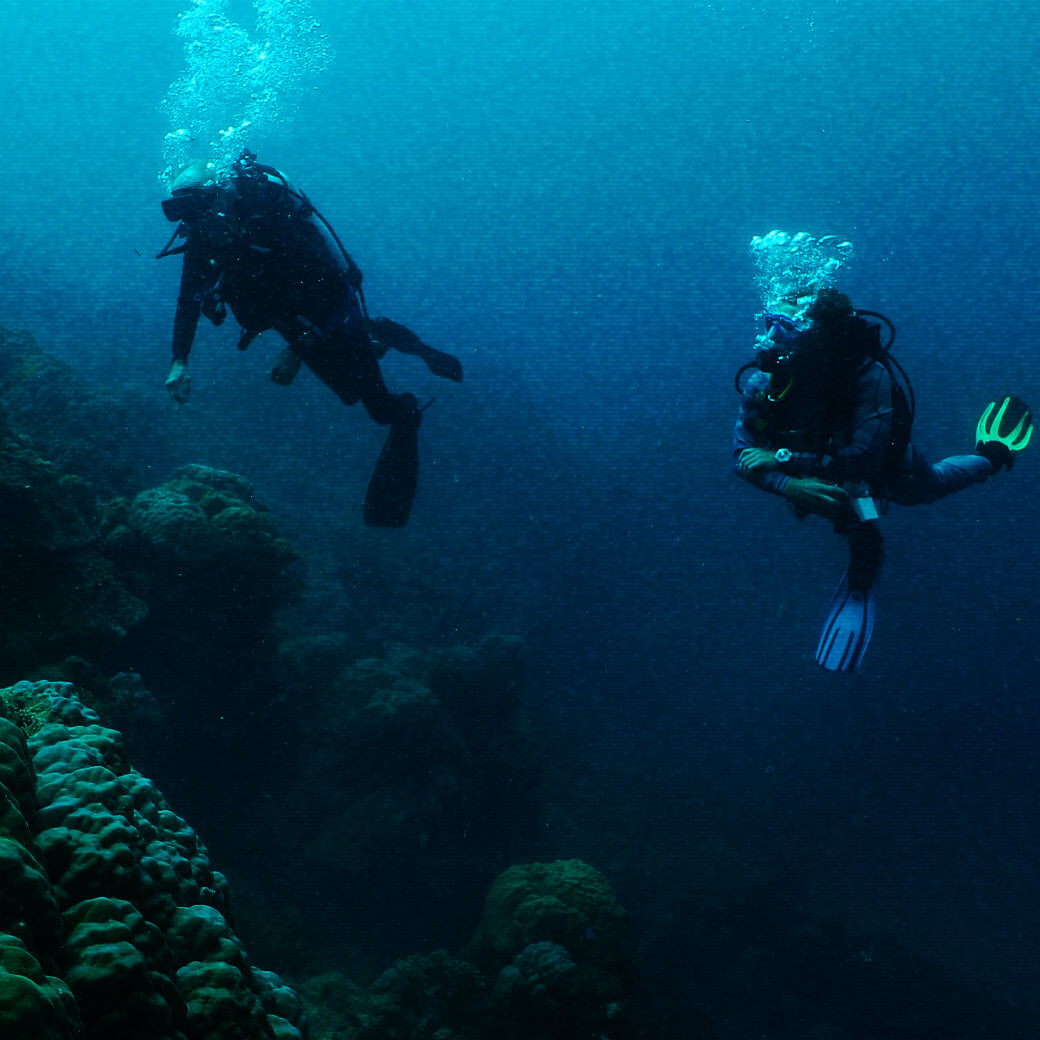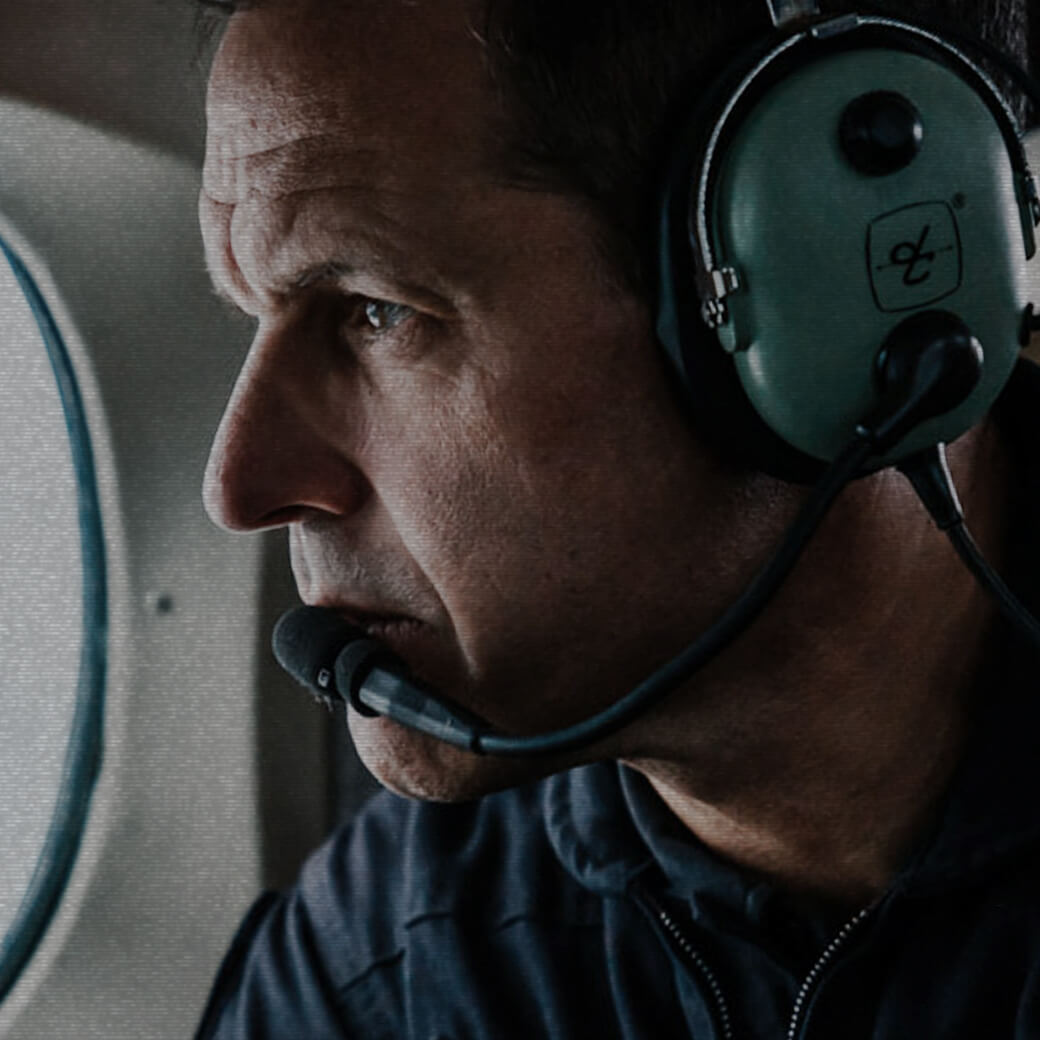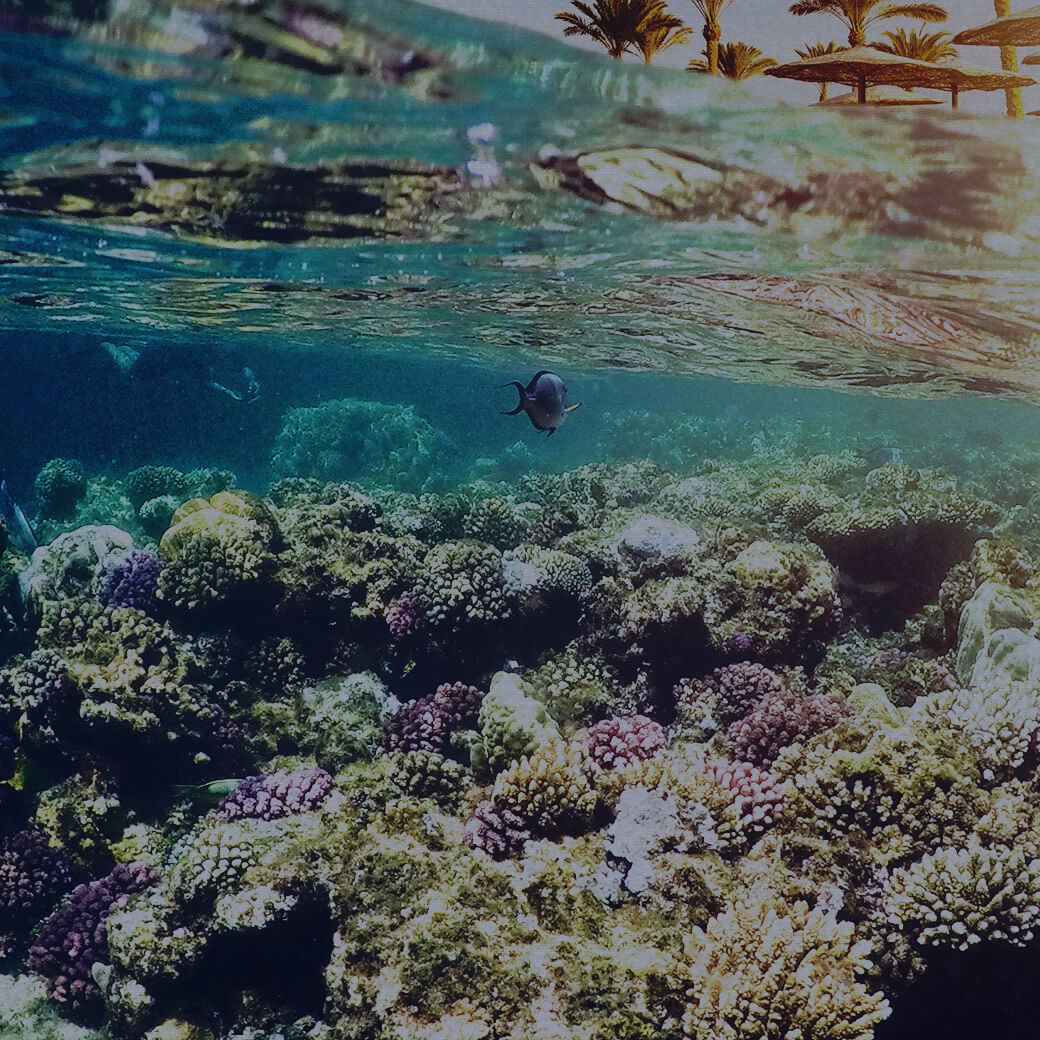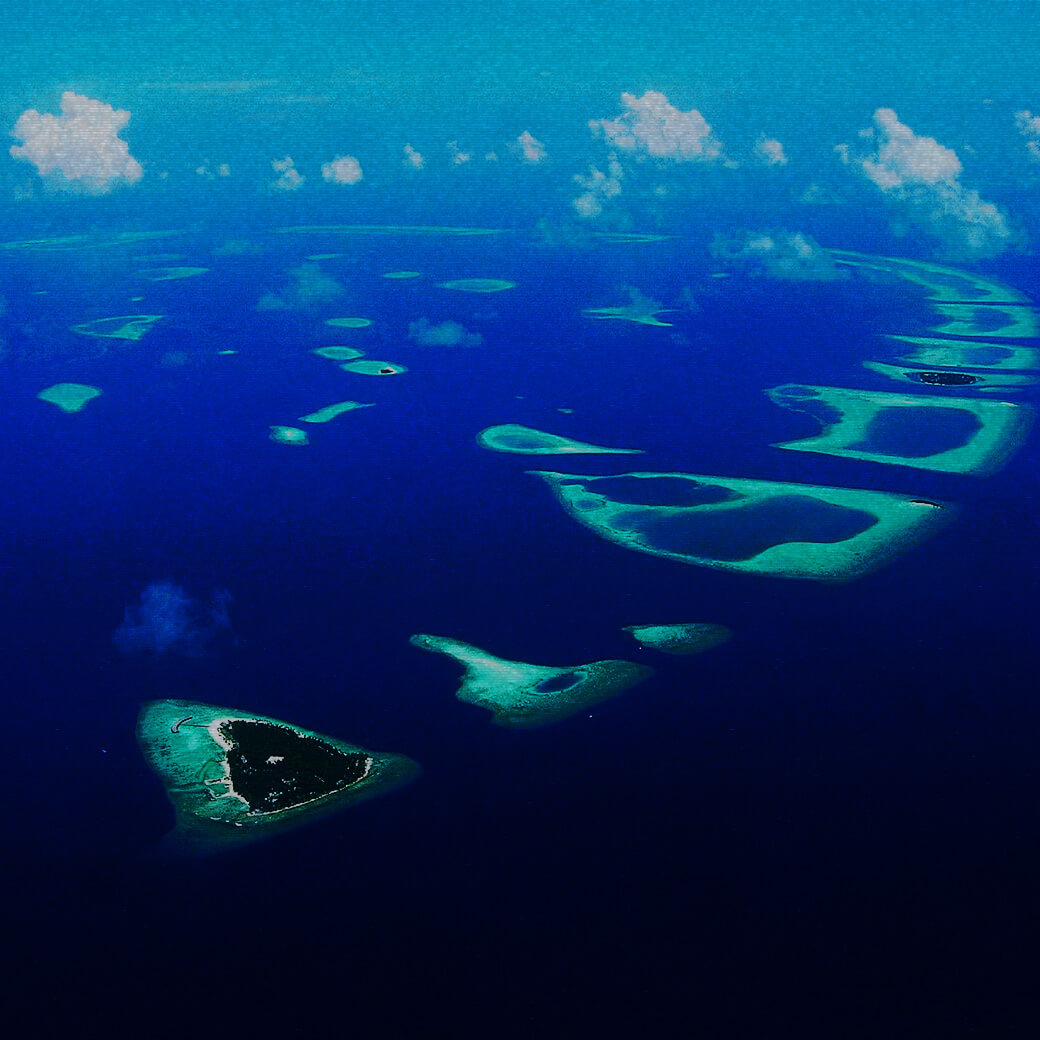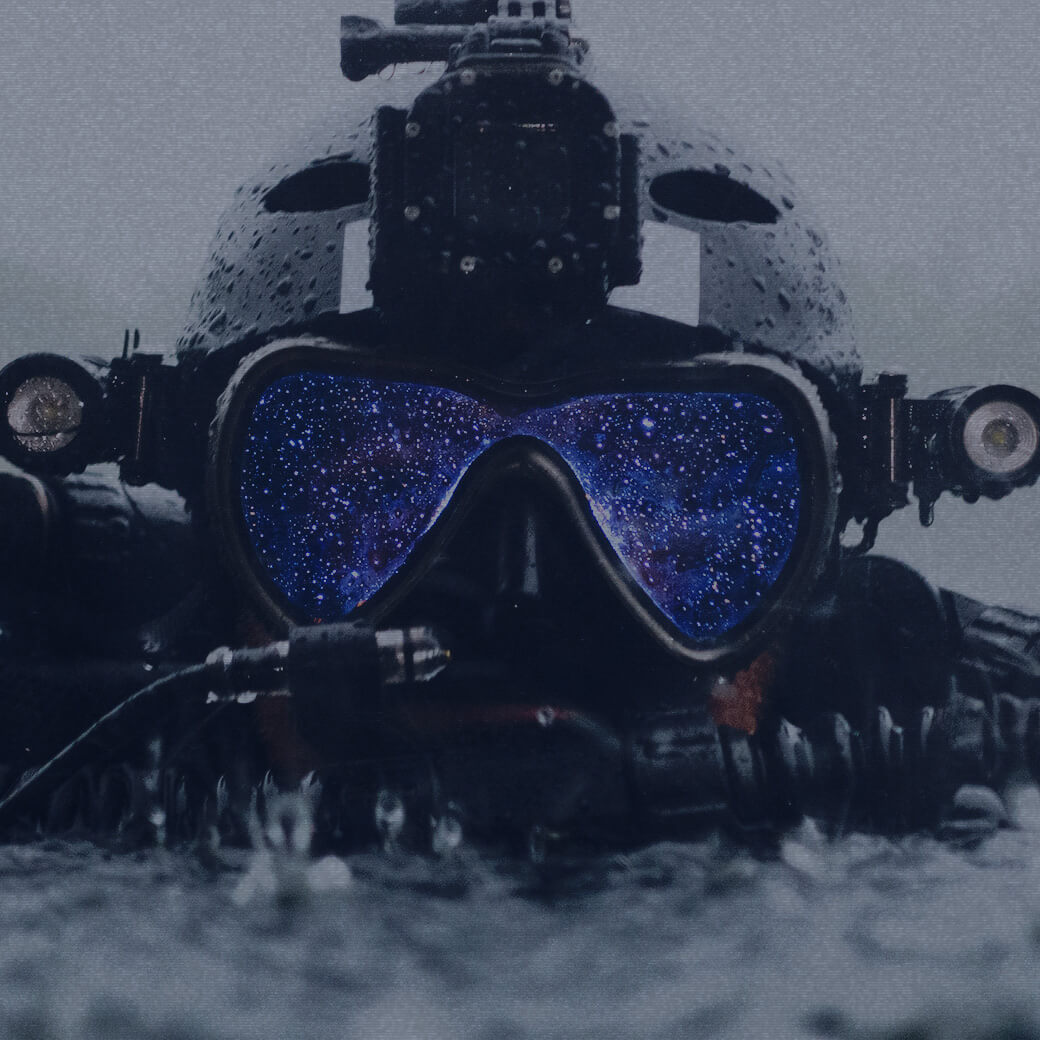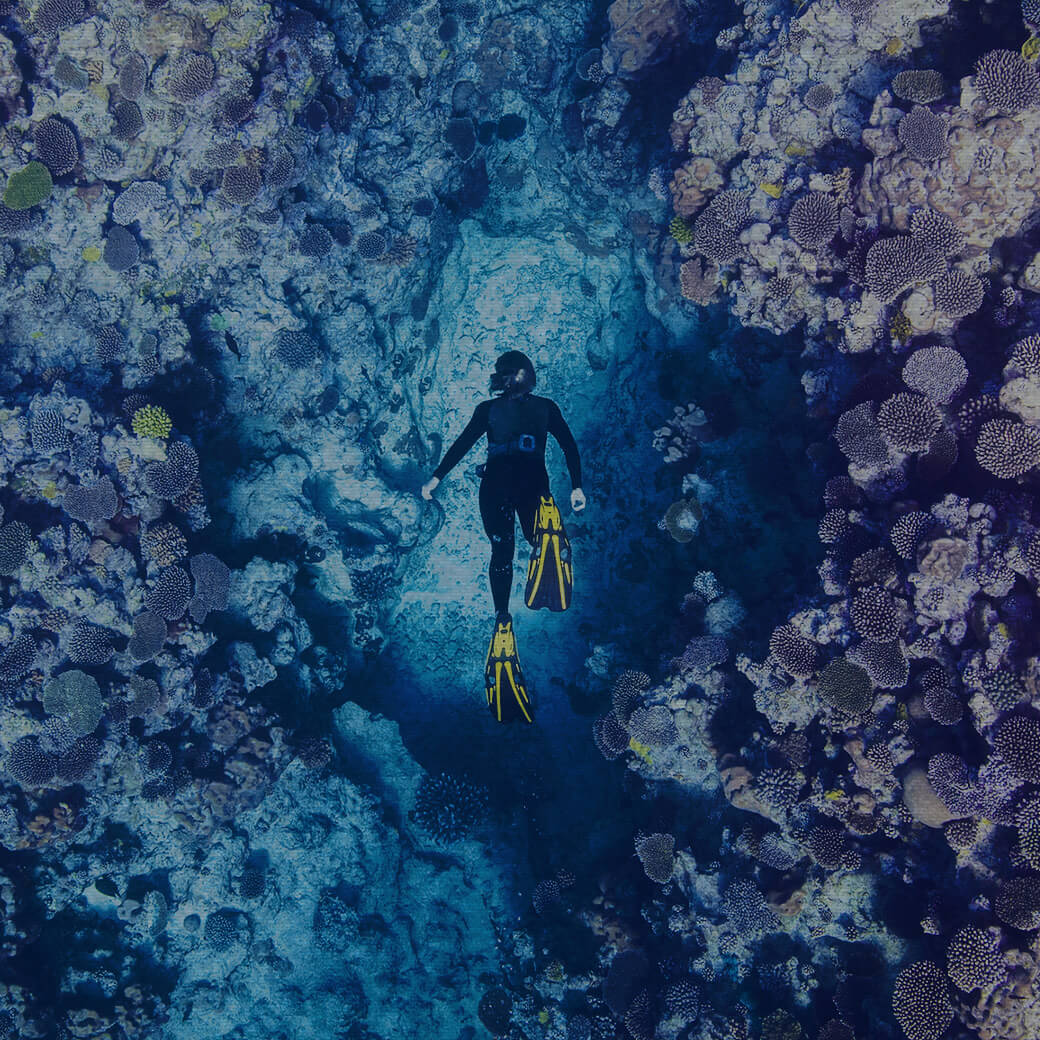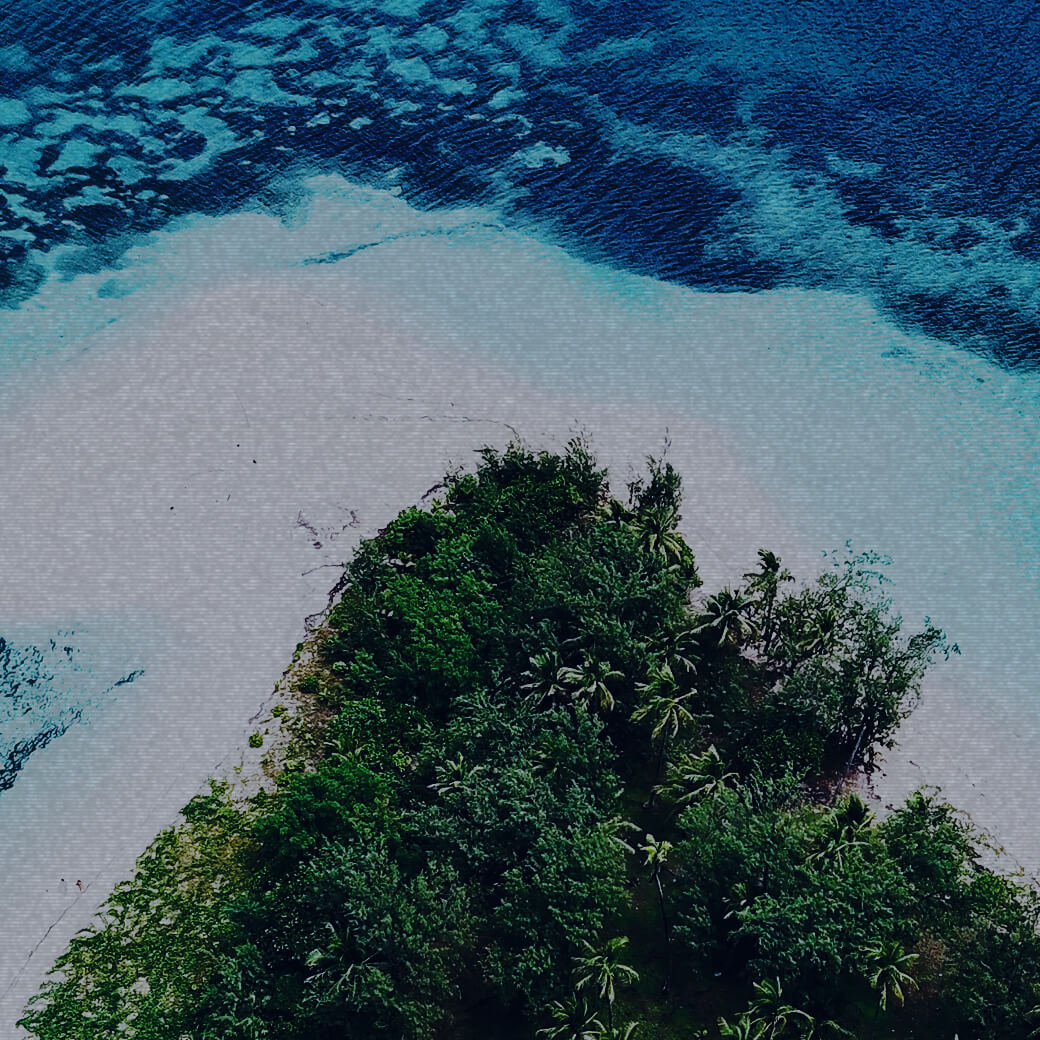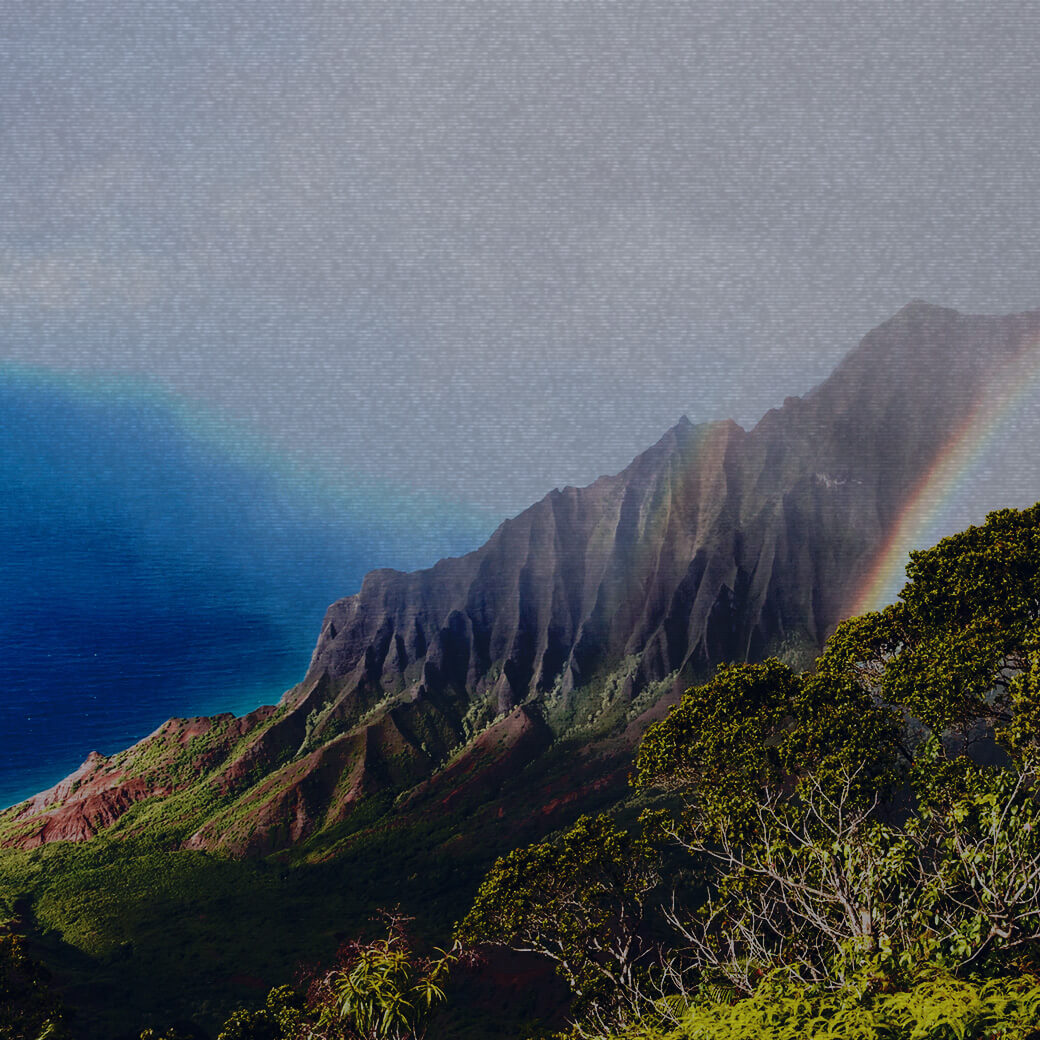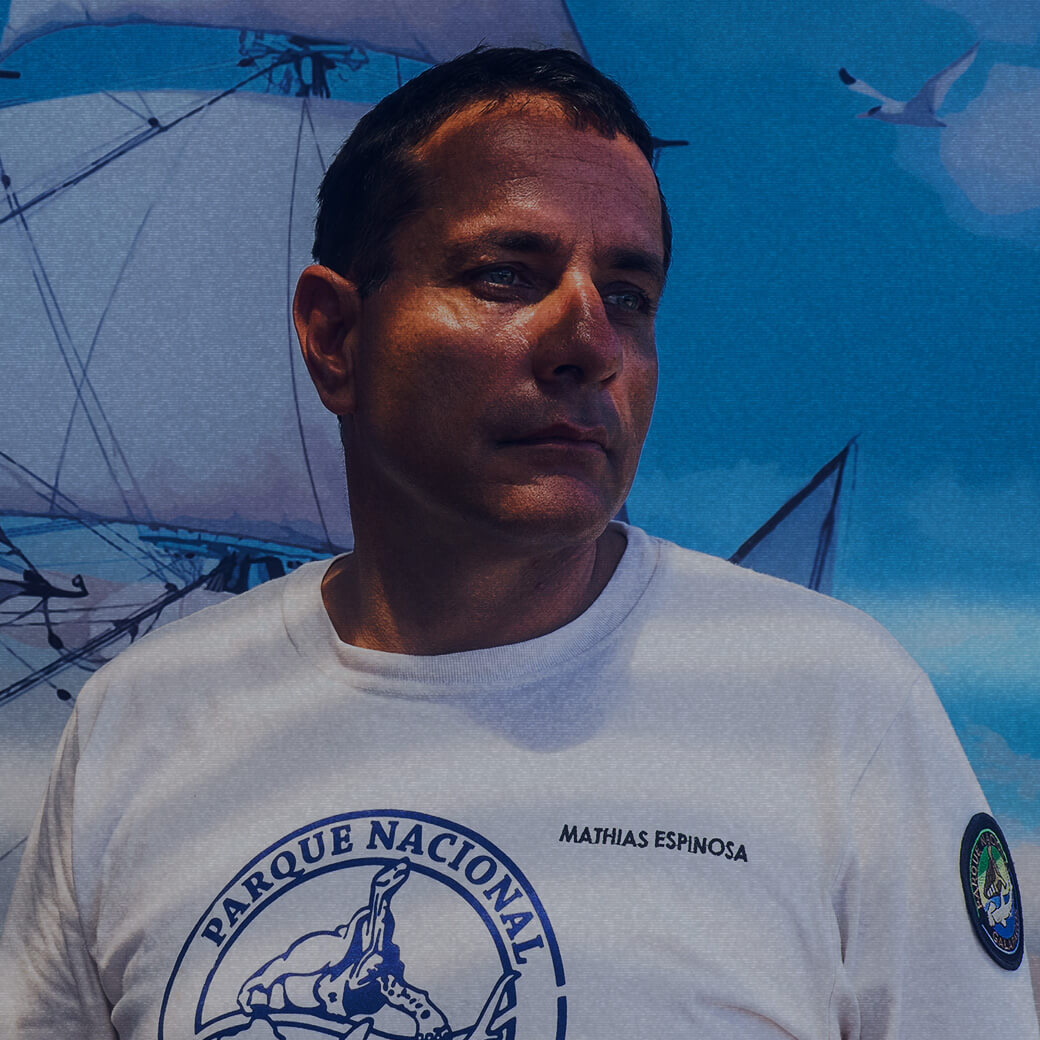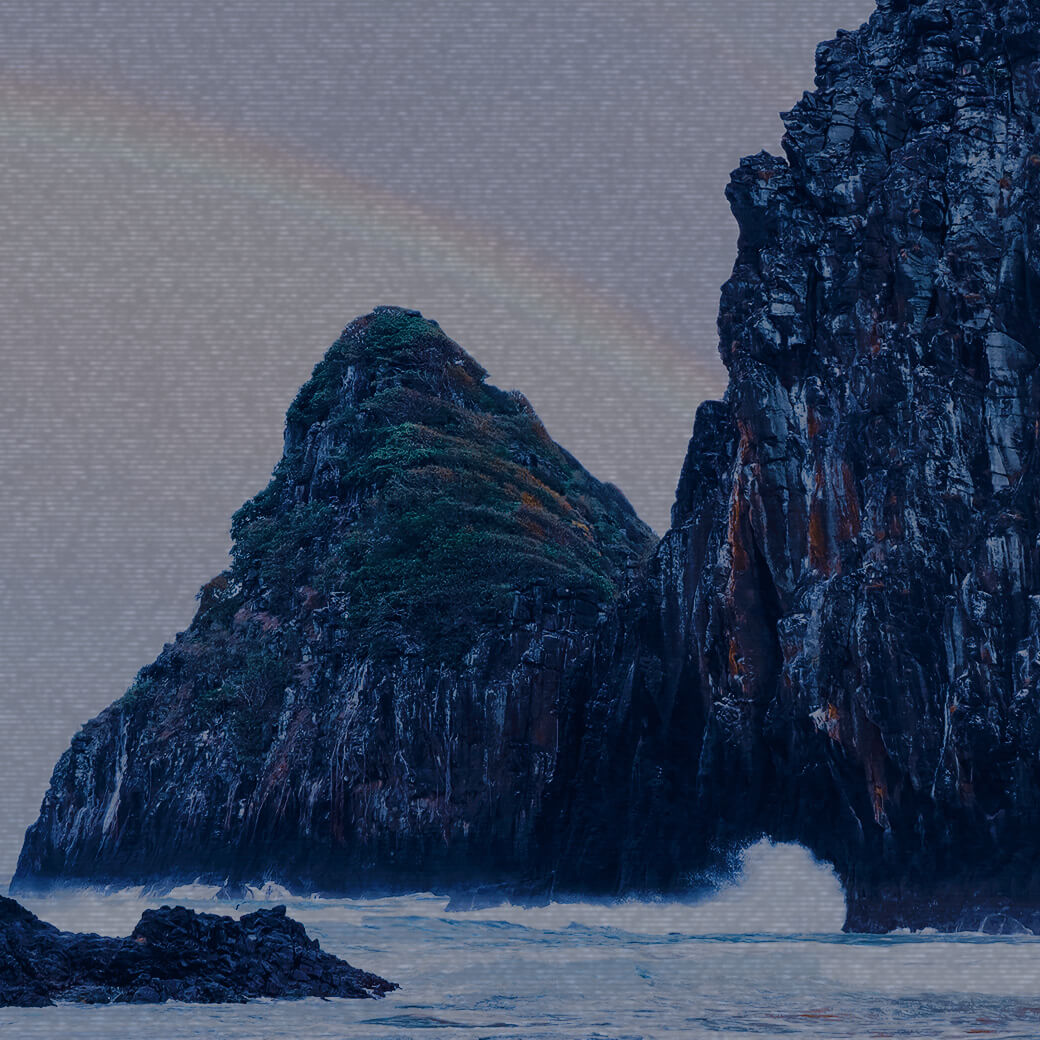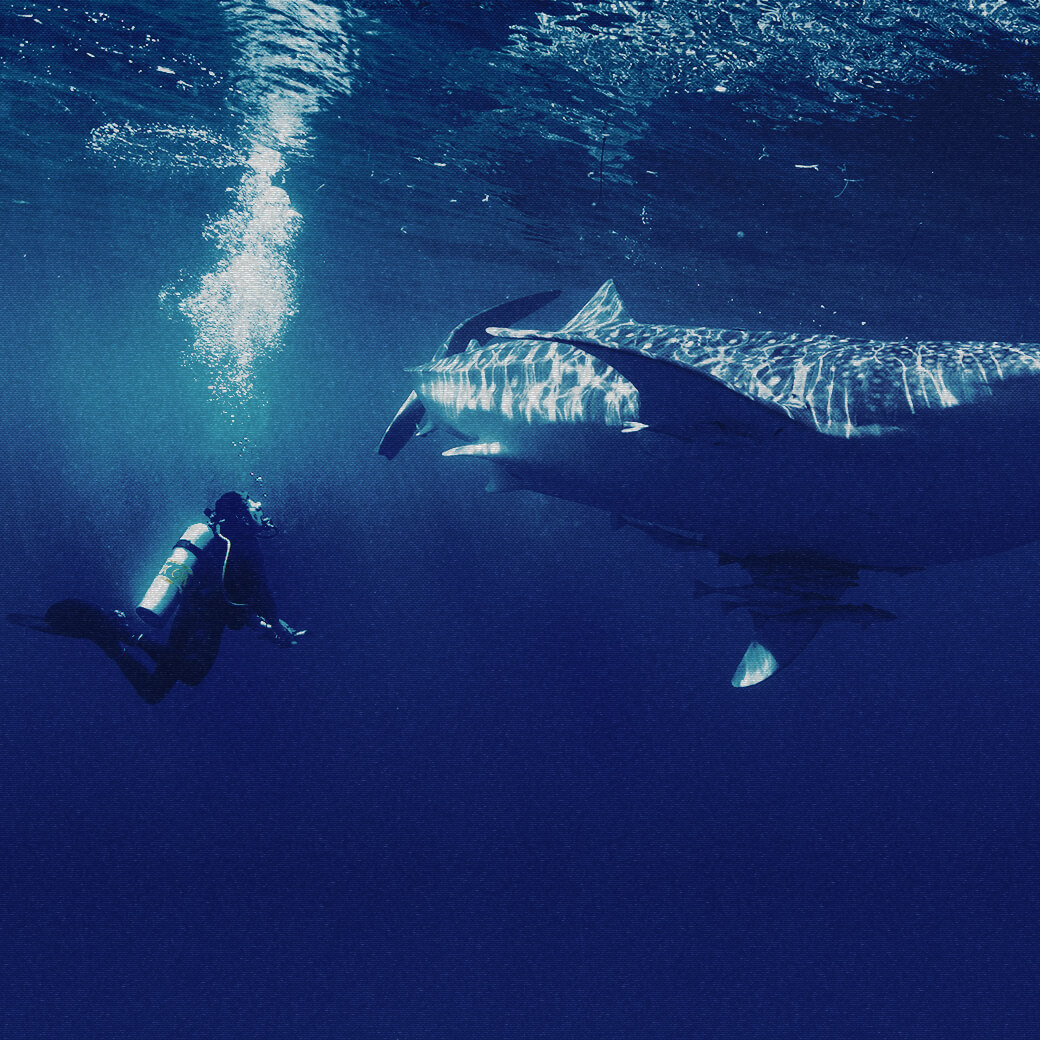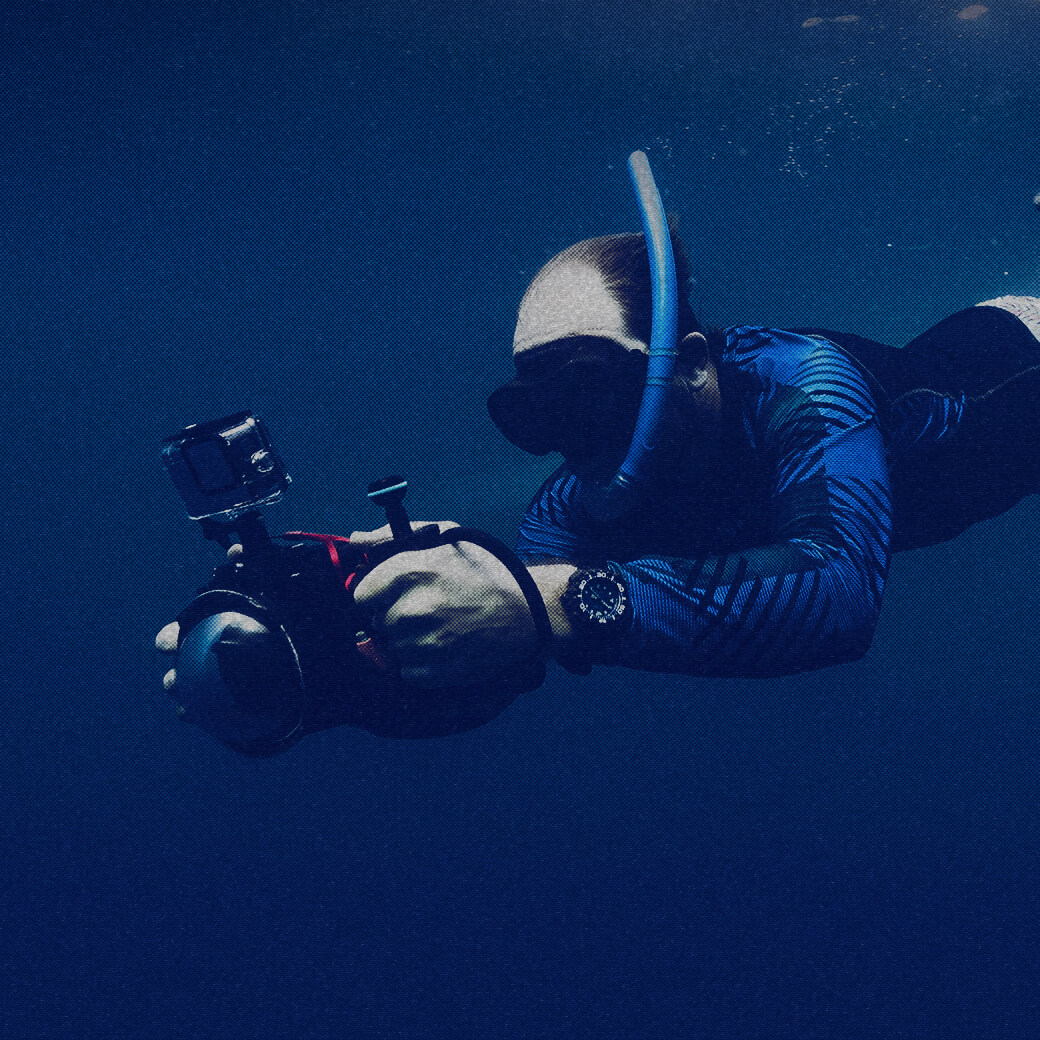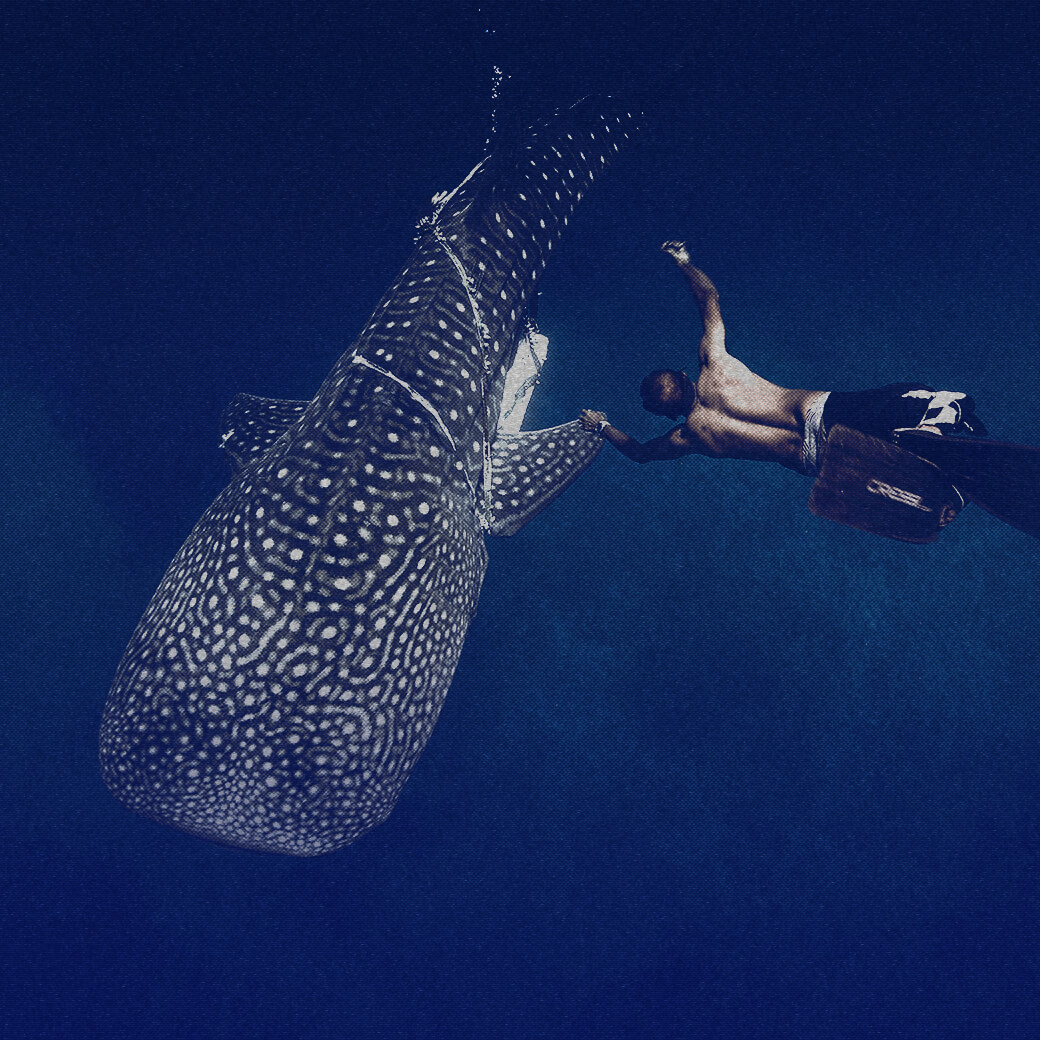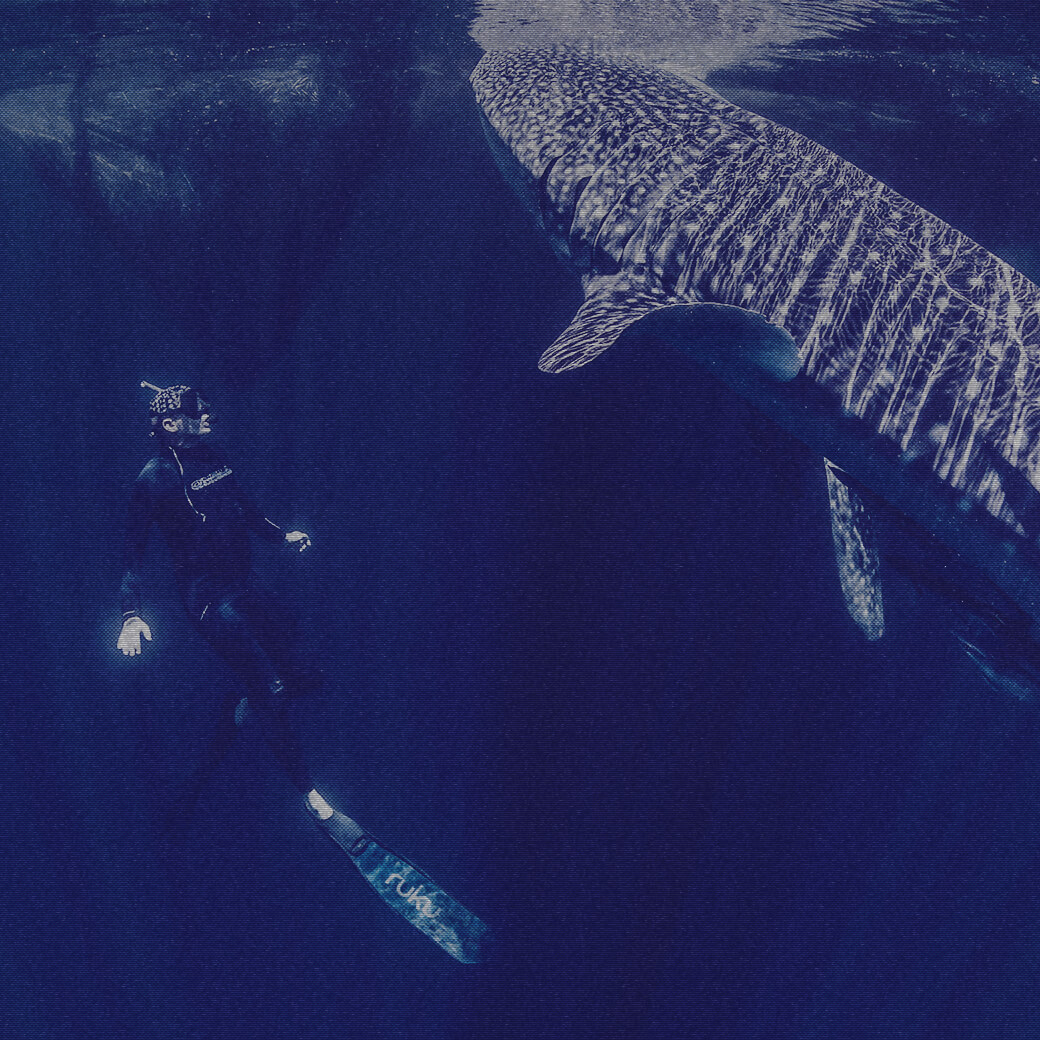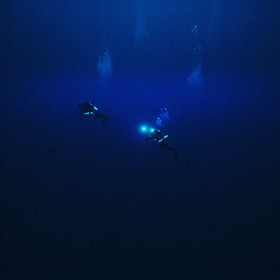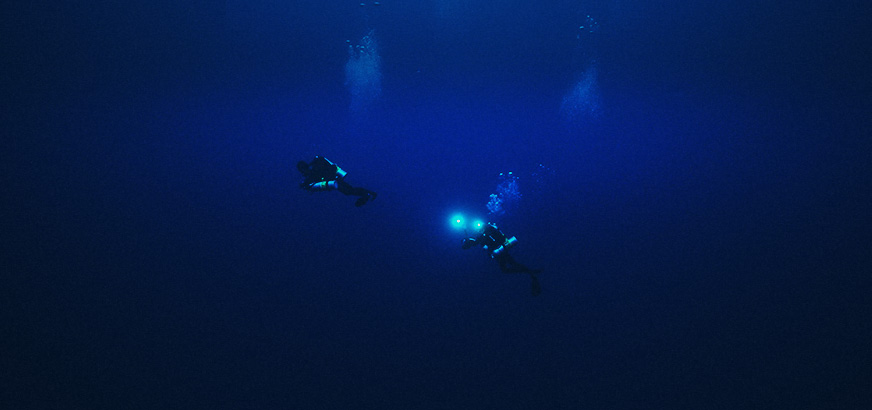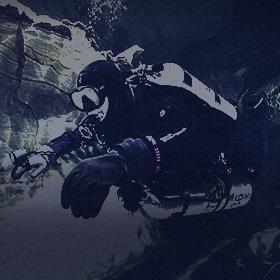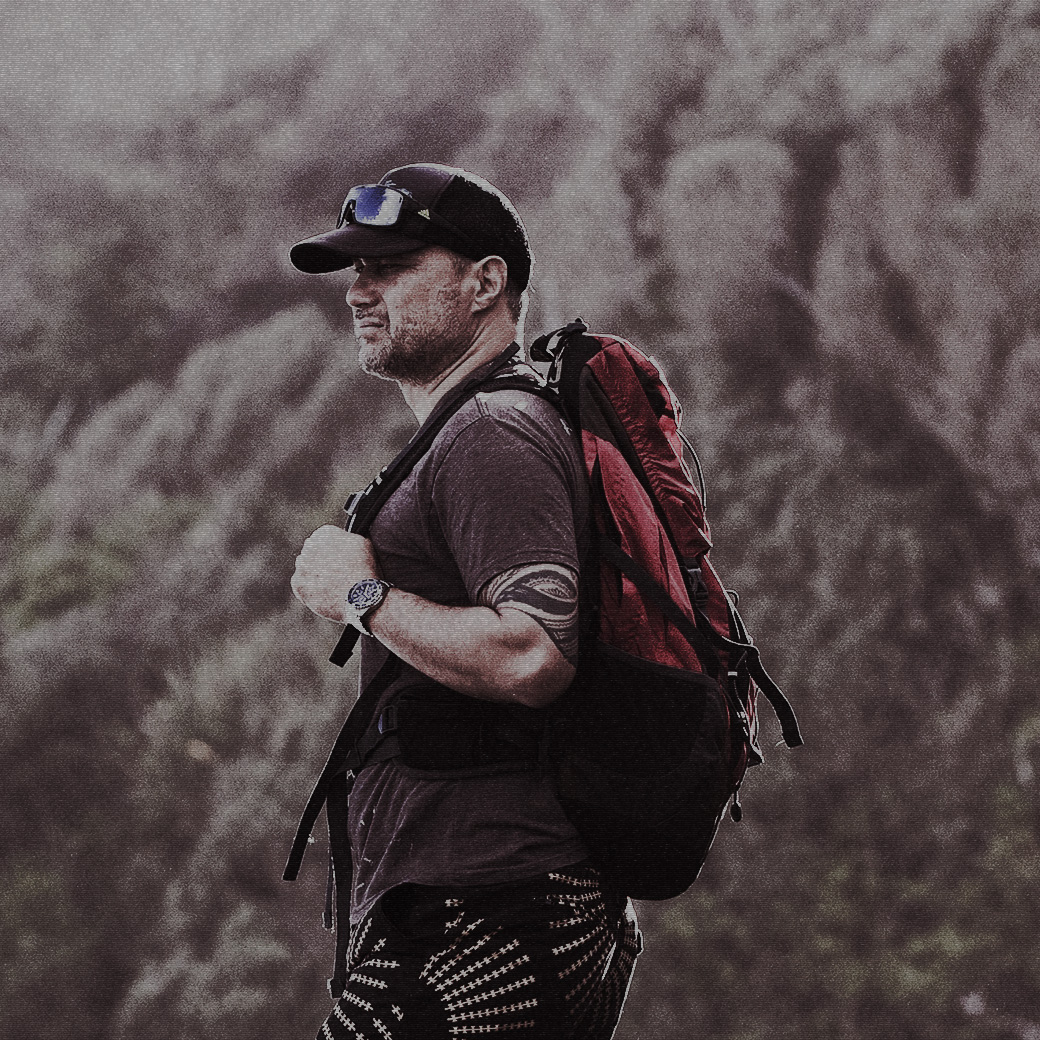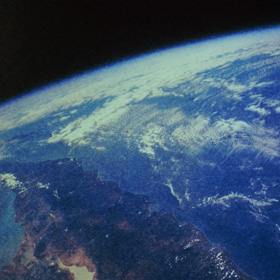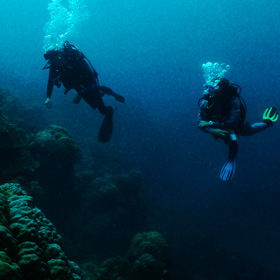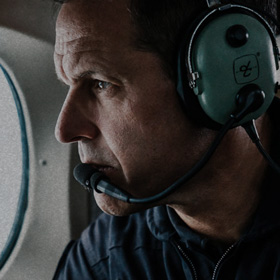DESTINATION #03
PHUKET
THAILAND
INTERVIEW WITH BEN REYMENANTS
SHARM EL-SHEIKHA
27°54'44 " N 34°19'47 " E

INTERVIEW WITH
BEN REYMENANTS,
TECHNICAL DIVING INSTRUCTOR

PHUKET

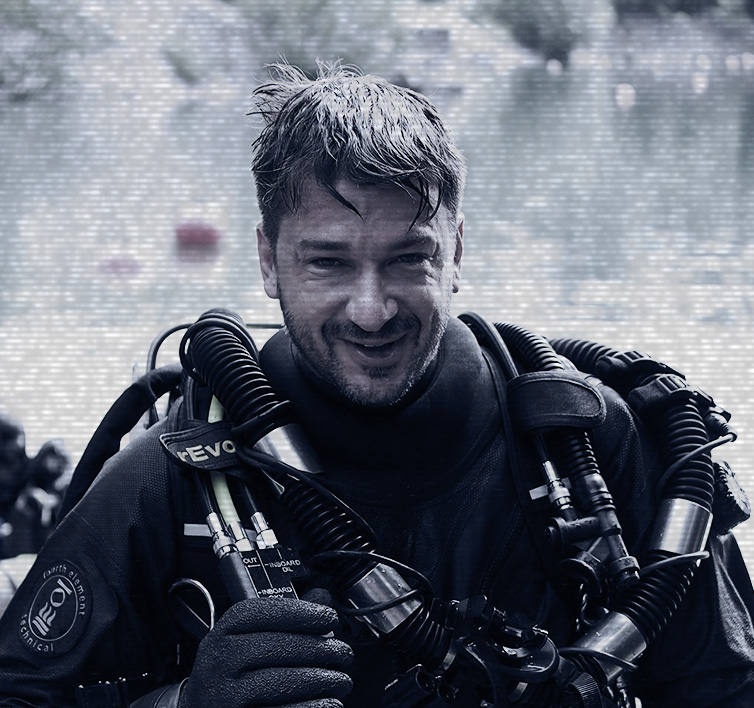
“In his 30-year career as a diving instructor, Ben Reymenants has logged nearly 8,800 dives. He has run his own technical diving company in Phuket since 2010 and took part in the 2018 Tham Luang Nong cave rescue, helping to save 12 schoolboys trapped in a Thai cave by monsoon rains.”
— RICK GREHAN
“IT’S A PICTURE-PERFECT PLACE:
GREEN MOUNTAINS,
BLUE OCEAN,
WHITE SANDY BEACHES.”
- Tell us a bit about Phuket.
Phuket’s an island in the south of Thailand. It’s a picture-perfect place: lush green mountains, blue ocean, white sandy beaches with coconut trees. As it was an important trading route, there are many diveable wrecks here, as well as a wide variety of coral reefs and fish life. For divers, I’d recommend the King Cruiser wreck, a sunken catamaran that’s turned into a reef covered with purple and white soft corals that attracts clouds of fish. If you want to see pelagics like mantas, small sharks and barracuda, I’d recommend Koh Racha Noi.
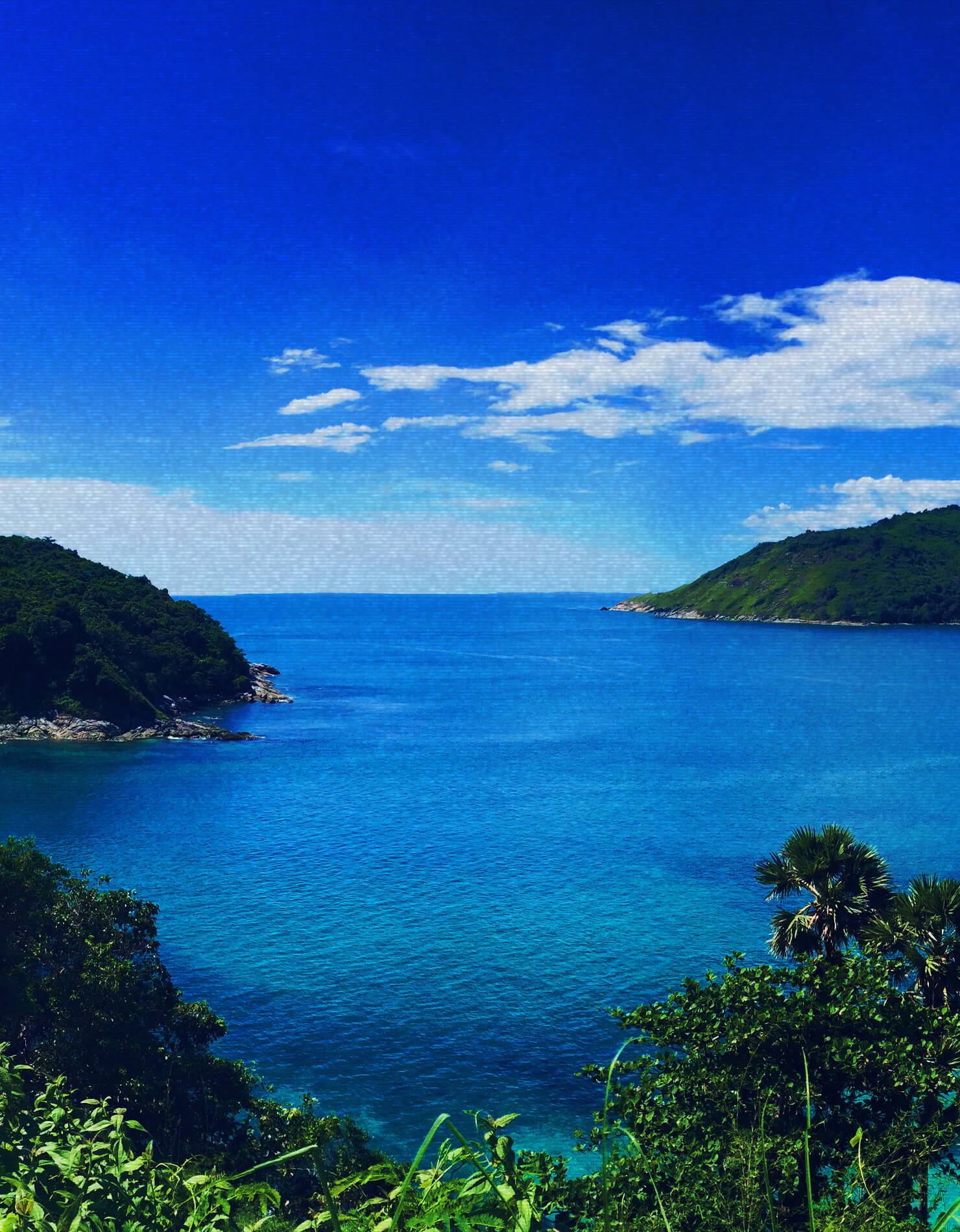
“THE DEEPEST DIVE
I’VE DONE IS A 239-METRE
CAVE DIVE.”
- How did you end up living
and working here?
I was working in Mexico as a diving instructor, but I felt drawn to Asia. My stay in Thailand was supposed to last a few months… That was 21 years ago! I fell in love with the place and the relaxed way of life. I started as a dive guide on a liveaboard, then set up my own technical diving company, doing deep wreck dives off the coast. From there, I volunteered at the local decompression chamber. Working with injured divers, I became passionate about hyperbaric medicine and made it my full-time job. I started my current firm, Blue Label Diving, in 2010. We train technical divers to go safely into wrecks or caves or explore deep coral reefs. The deepest dive I’ve done myself is 239 metres.
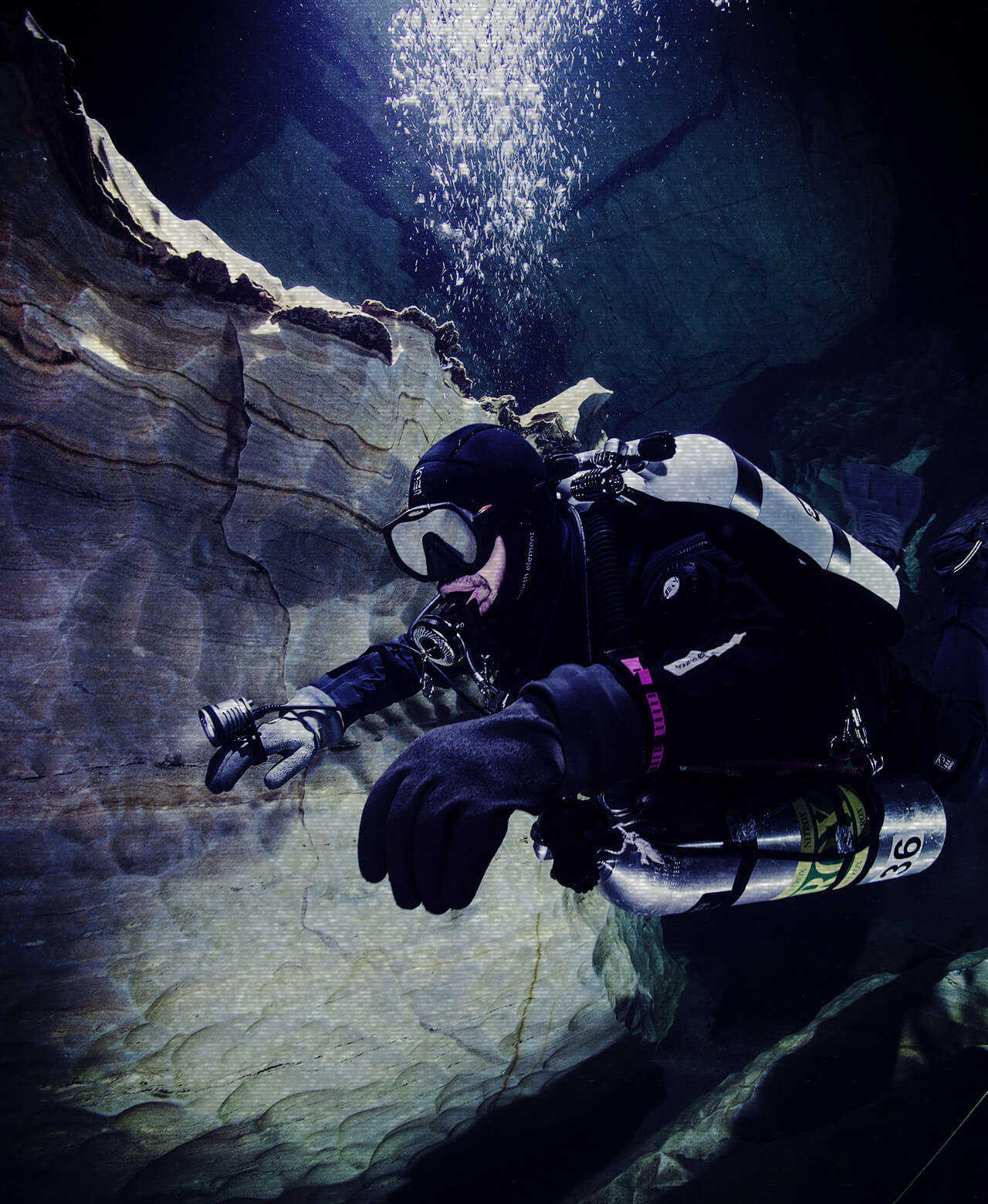
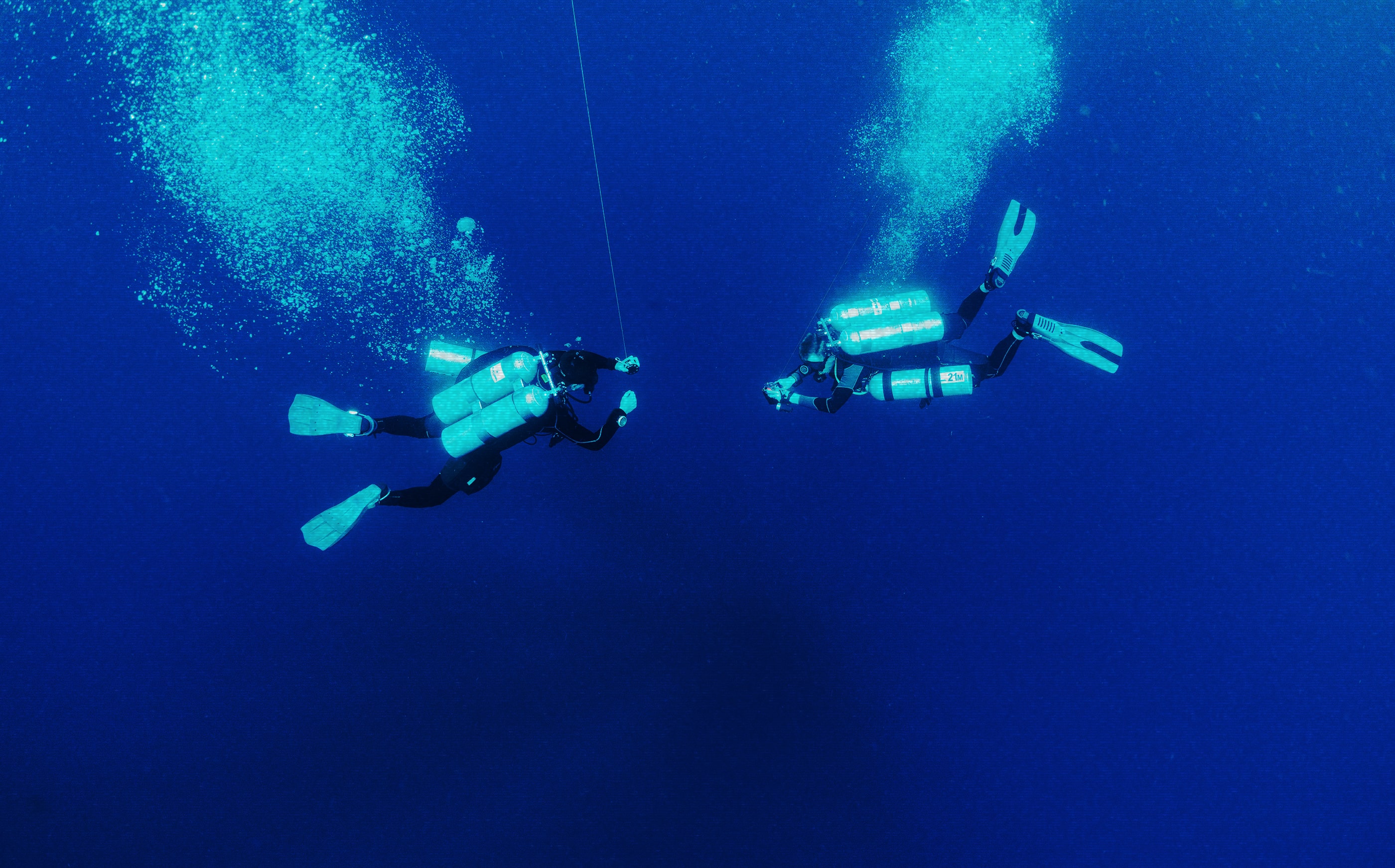
“UNDERWATER,
A RELIABLE TIMEPIECE IS
KEY TO SURVIVAL.”
- How does time feel different
to you underwater?
It depends on the activity. If I’m cruising around coral reefs, it feels like meditation. If I’m exploring a deep cave, time seems to fly by. No matter what I’m doing, though, time on the surface always go slower than time under water. Time is just a parameter humanity has placed on itself, still, when you venture underwater, a reliable timepiece is key to survival.
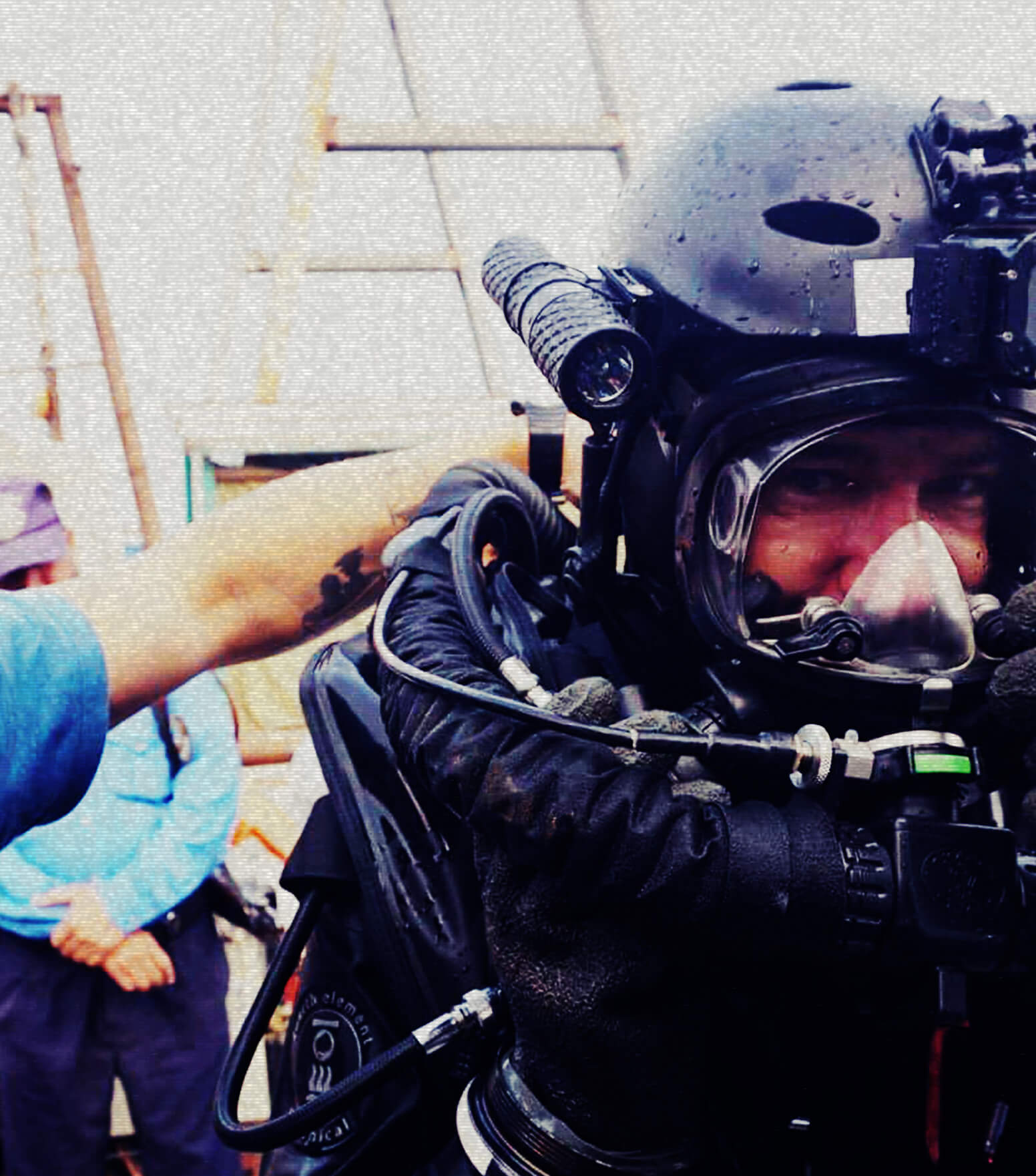
“MORE TOURISTS MEANS
MORE PLASTIC RUBBISH
ON THE SEABED. ”
- How healthy are Phuket’s
underwater ecosystems?
Thailand had quite a bit of coral bleaching in the aftermath of El Nino in 2010, but the reefs seem to have recovered in the last 10 years. The biggest threats are overfishing and trawling nets. There are a few conservationist groups and conservation activities like ghost net recovery and yearly beach clean ups, but as long as fishing isn’t properly regulated, there’s little hope.
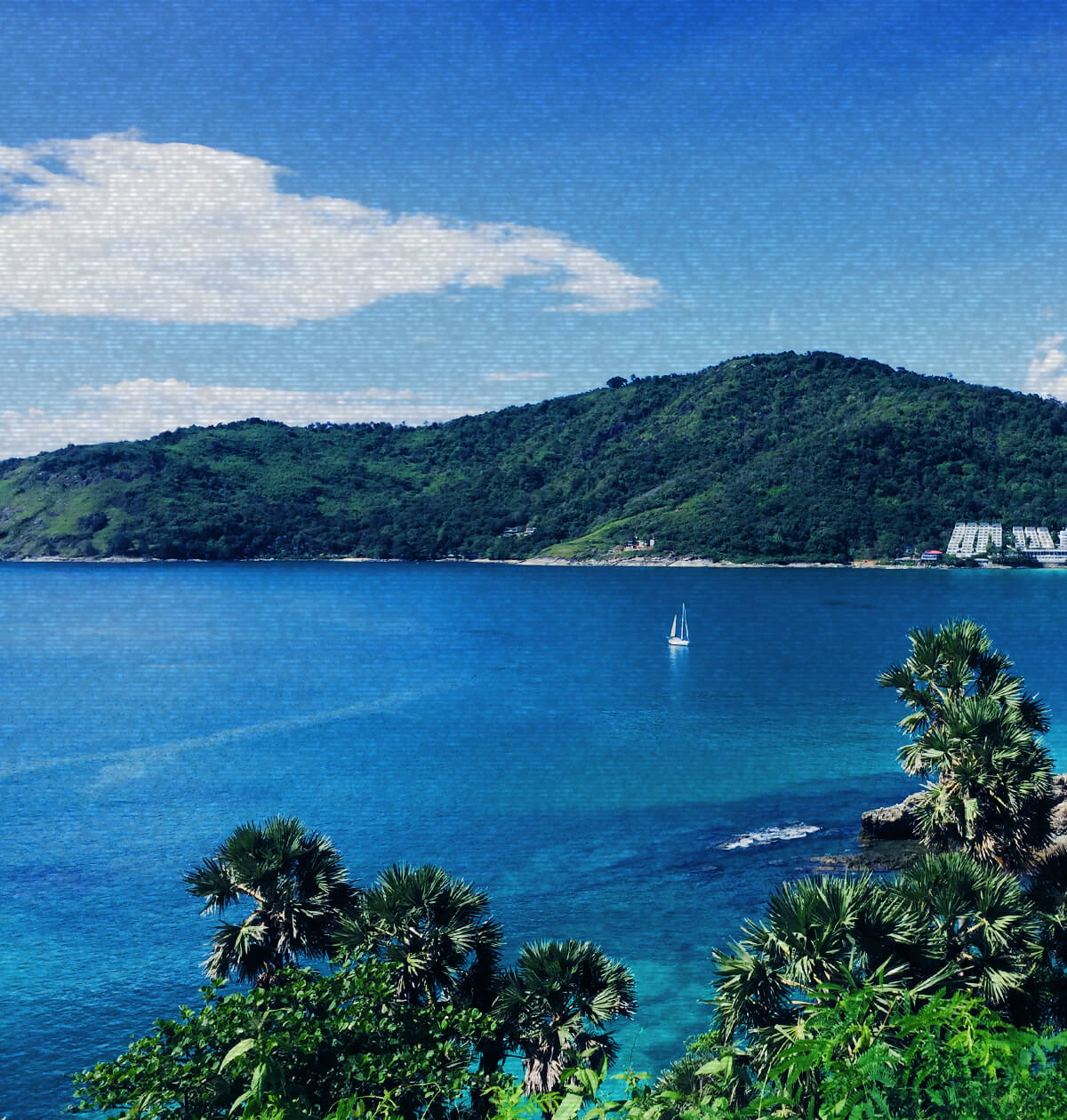
More tourists mean increasing demand for seafood and an increasing amount of plastic rubbish on the seabed. At our dive centre, we aim to create awareness, handing out reusable water bottles, ordering food in stainless steel containers. Thailand has a few universities that offer marine biology and eco-awareness studies, but there’s still a lot of work to be done.
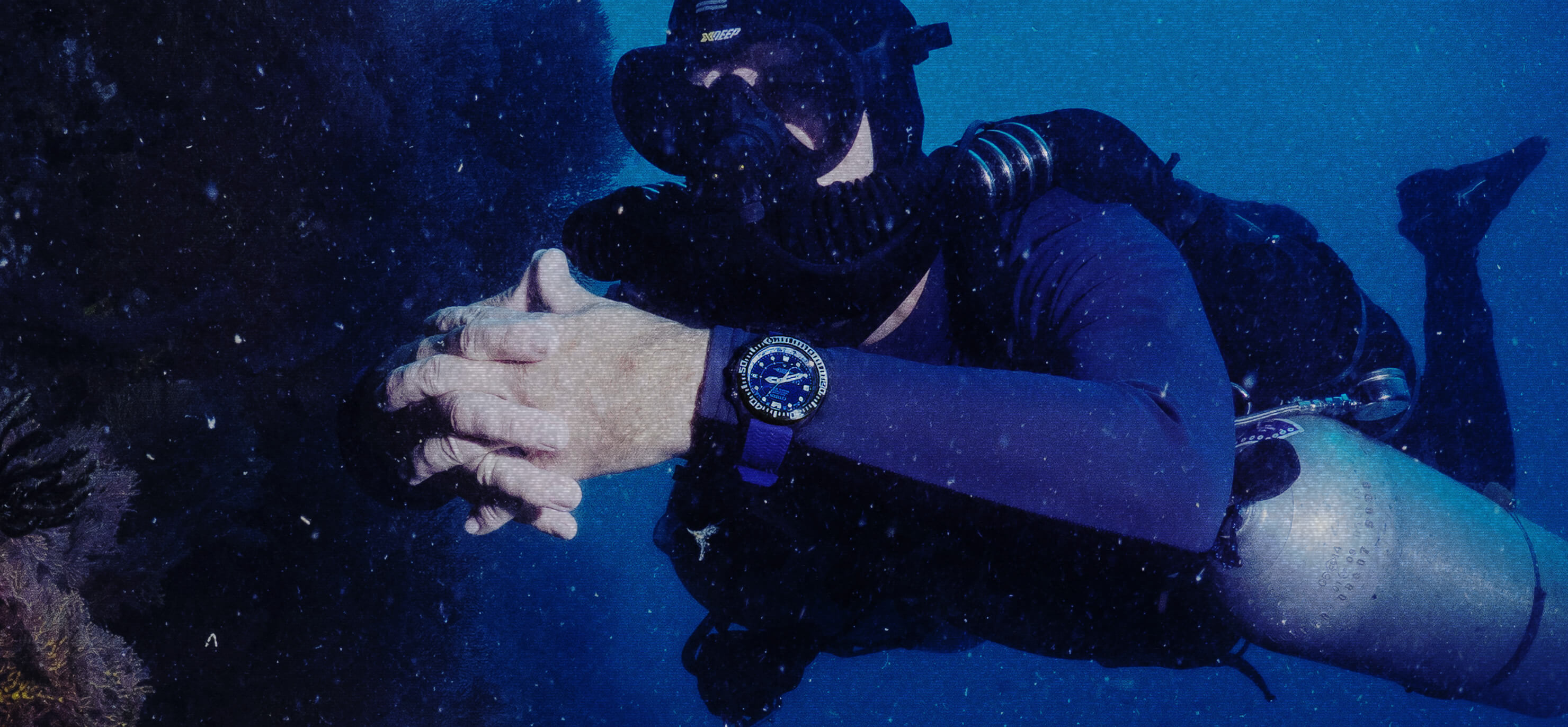
INTERVIEWBY
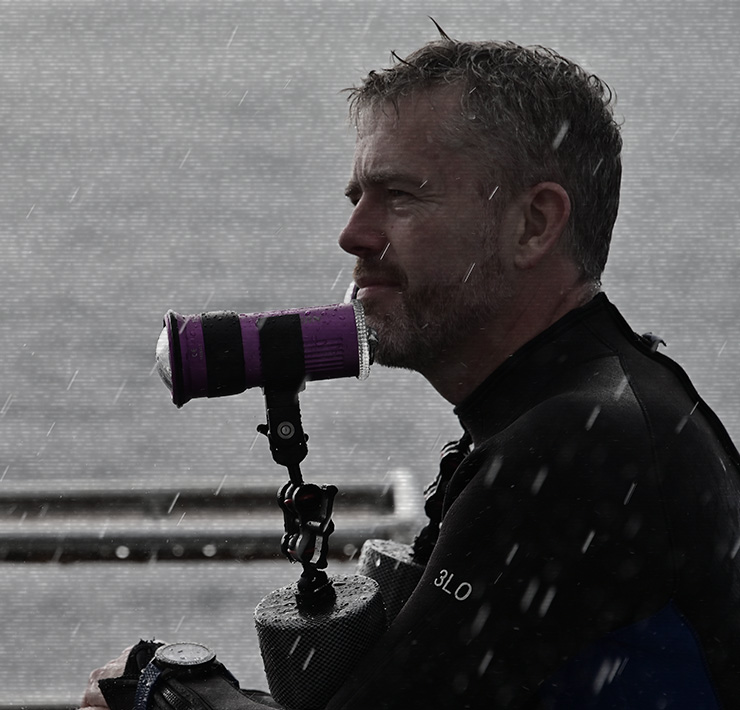
CREATIVE DIRECTOR / FILM MAKER
RICK GREHAN
“Ben’s story is unique. He’s a world-record-holding deep-sea diver who risks everything to explore the outer edges of our oceans and bring these unexplored areas to the world’s attention. What fascinates me about him is the skill and level of technology needed to do what he does, when just a single error could spell disaster. An important part of Ben’s journey to becoming an environmentalist was discovering the presence of man-made plastic in the never-before-seen areas where he dives. He mentioned that in Thai the ocean is called ‘black water,’ a name which can lead people to mistakenly think that because we can't see these places, their fate is not linked to our own.”
THE STORIES OF
8 OCEANS
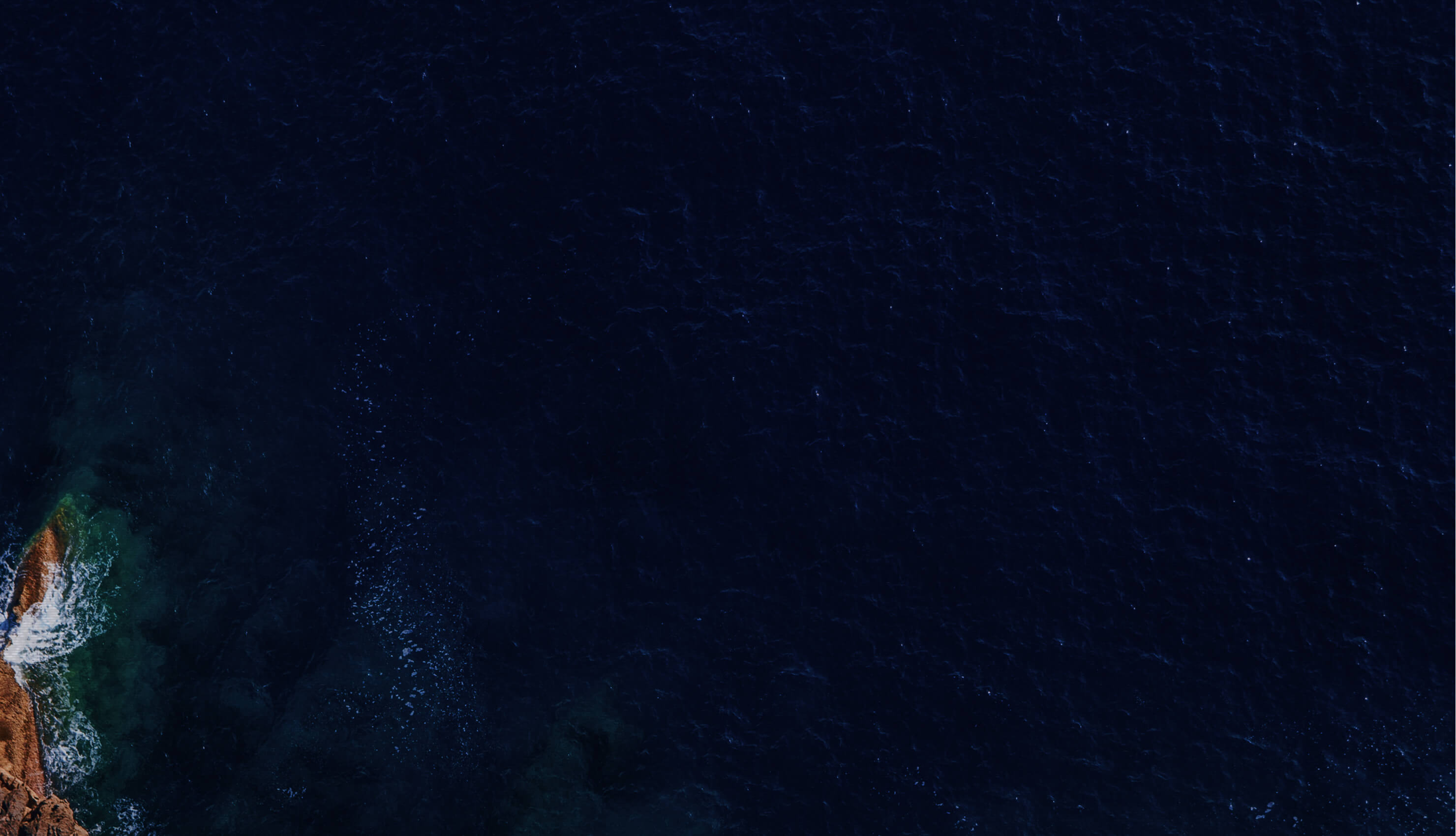
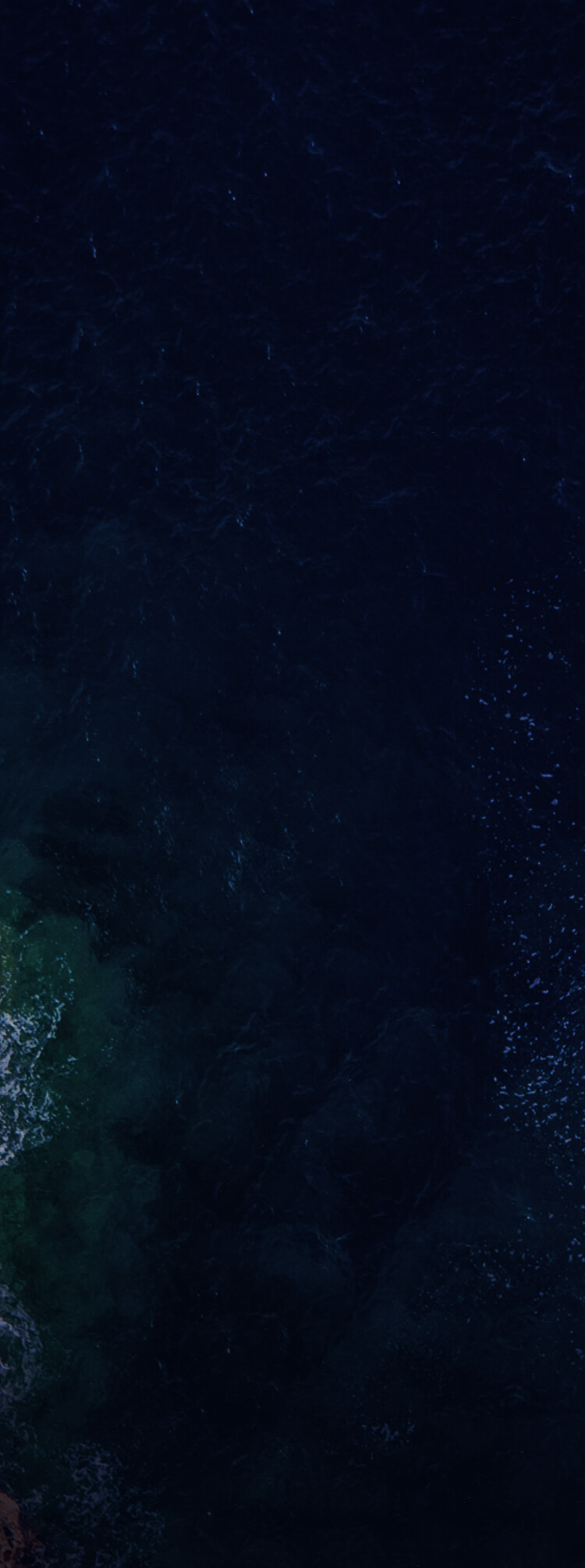
PRODUCT
Save the BEYOND OTHER STORIES
